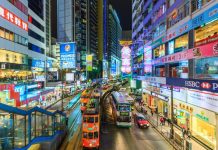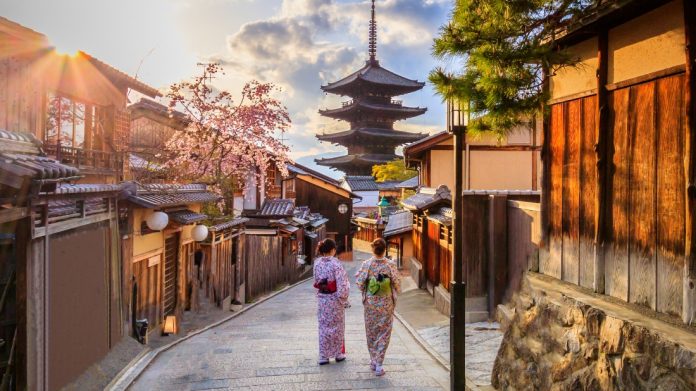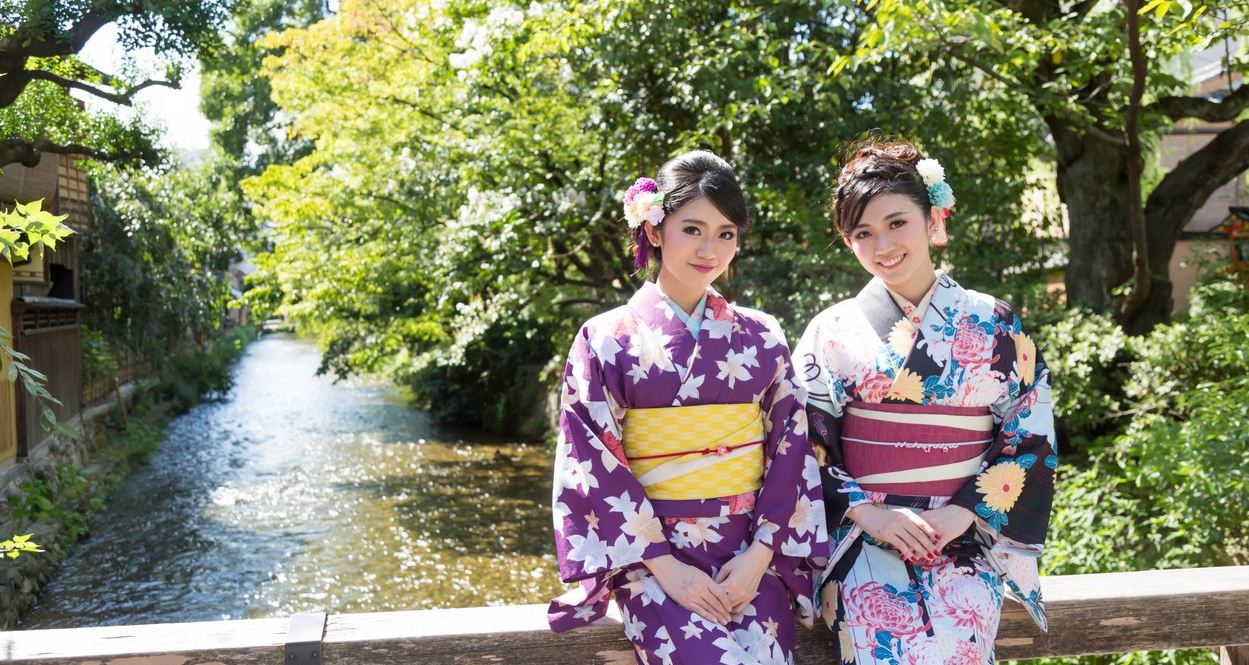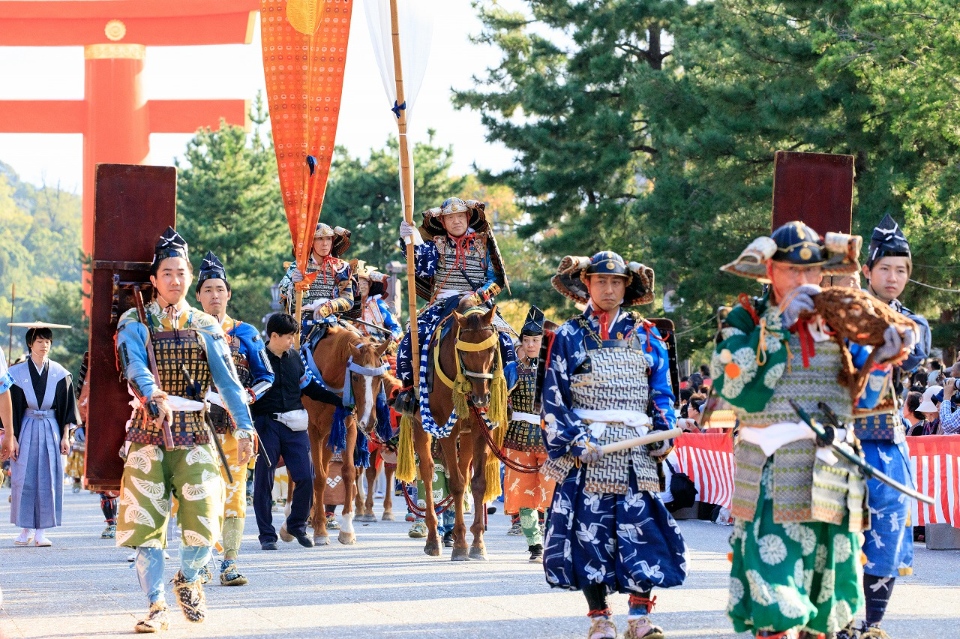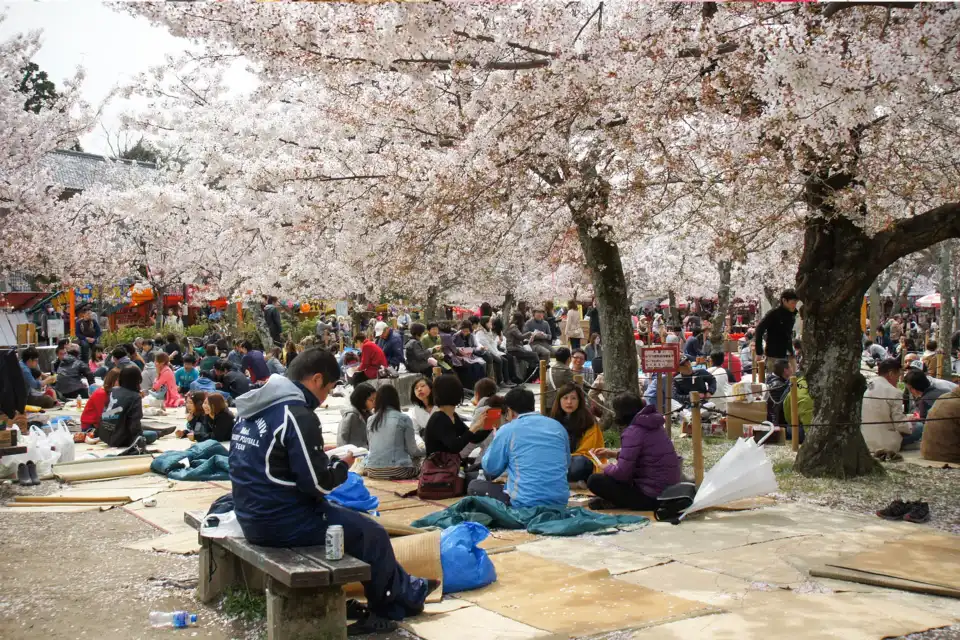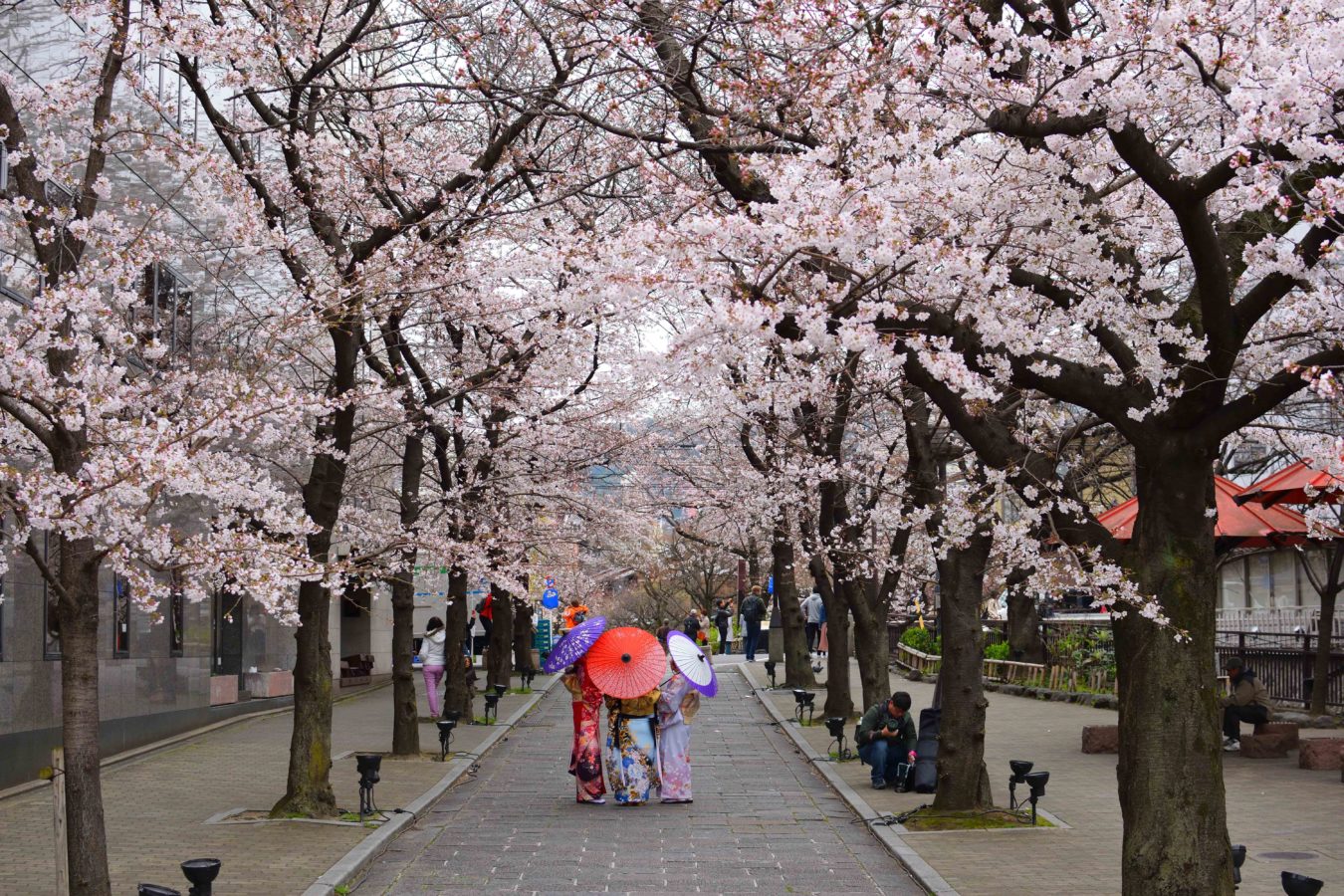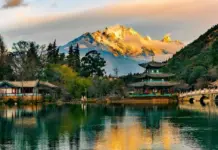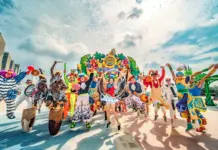As the ancient capital of Japan, Kyoto always attracts tourists because of its tranquility tinged with time, long-standing architectural works, magnificent temples and Shinto shrines, UNESCO heritage sites rich history and traditional culture from ancient times. Surely each visitor will have their own choice about when to visit the ancient capital of Kyoto. So, when to visit Kyoto, when is the best time to visit Kyoto? Let’s check out our suggested the worst, cheapest, affordable and best season to visit Kyoto and best time to go to Kyoto, best time to travel to Kyoto as follows!
- Kyoto travel tips — 12+ Kyoto insider tips & things to know before going to Kyoto
- Kyoto cherry blossom 2026 forecast — The dates & 9+ best place to see cherry blossoms in Kyoto
- Kyoto fall foliage forecast 2025 — The time & 15+ best place to see autumn leaves in Kyoto
- JR Rail Pass Guide. All things you need to know, how to buy, how to use along with Japan Rail Pass FAQs
- What to buy in Kyoto? — 31+ must-buy Kyoto souvenirs, gifts & best things to buy in Kyoto
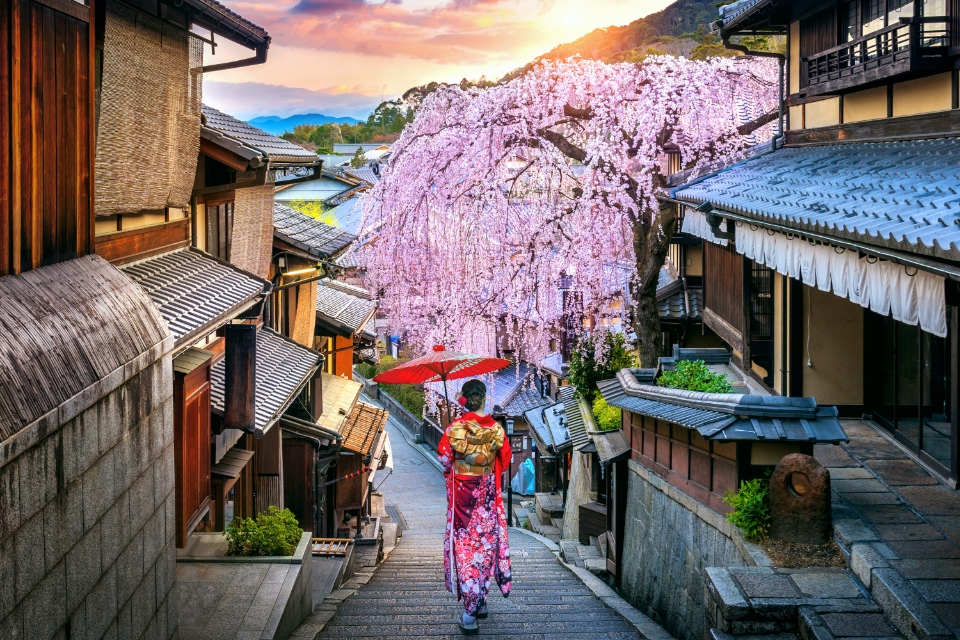
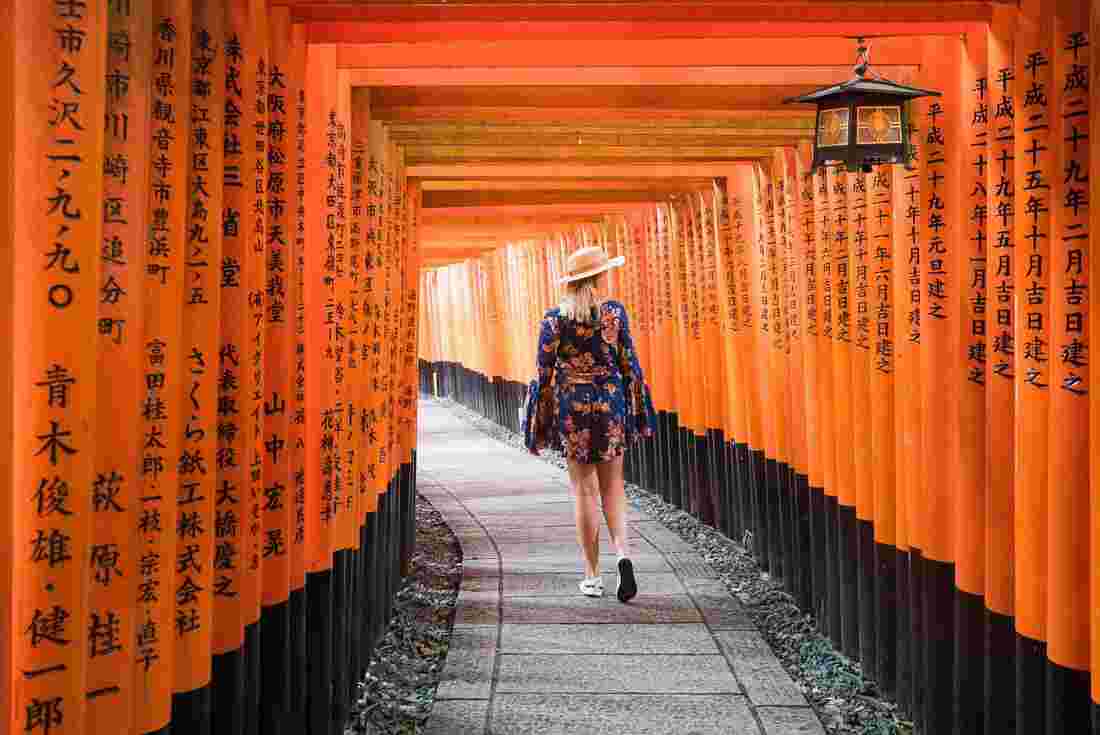
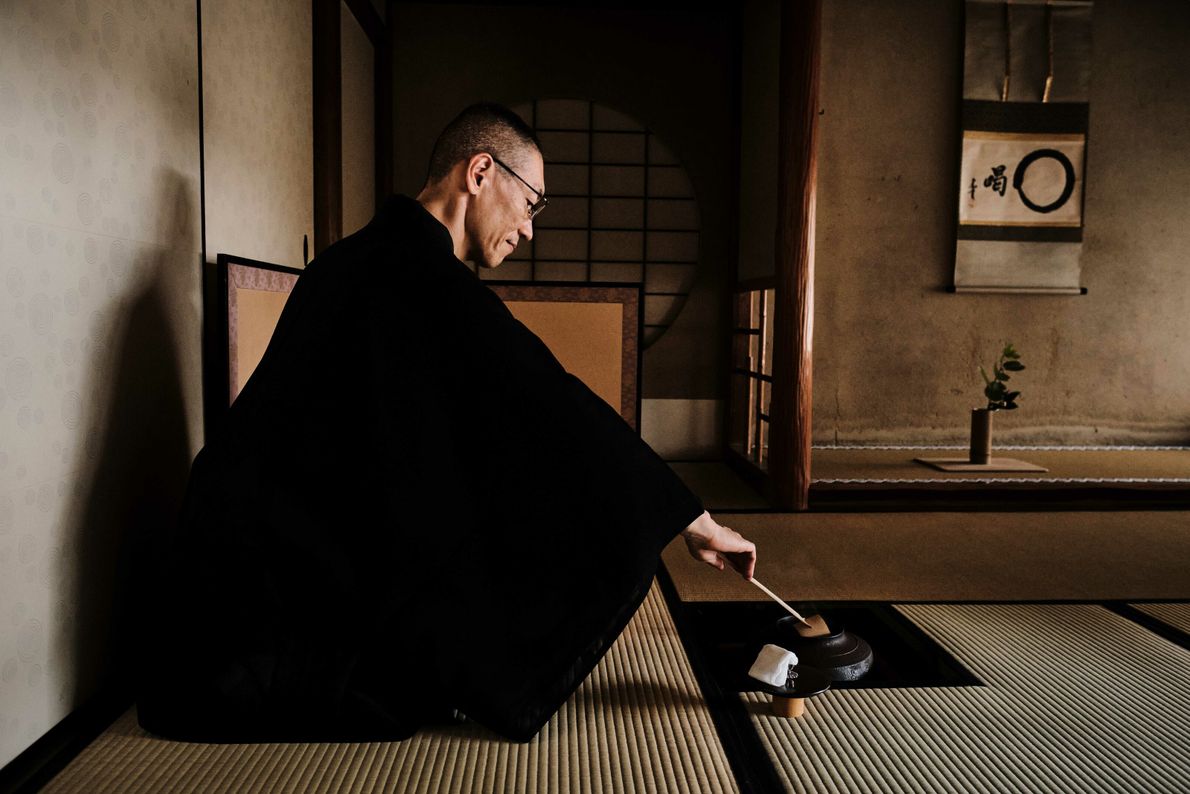
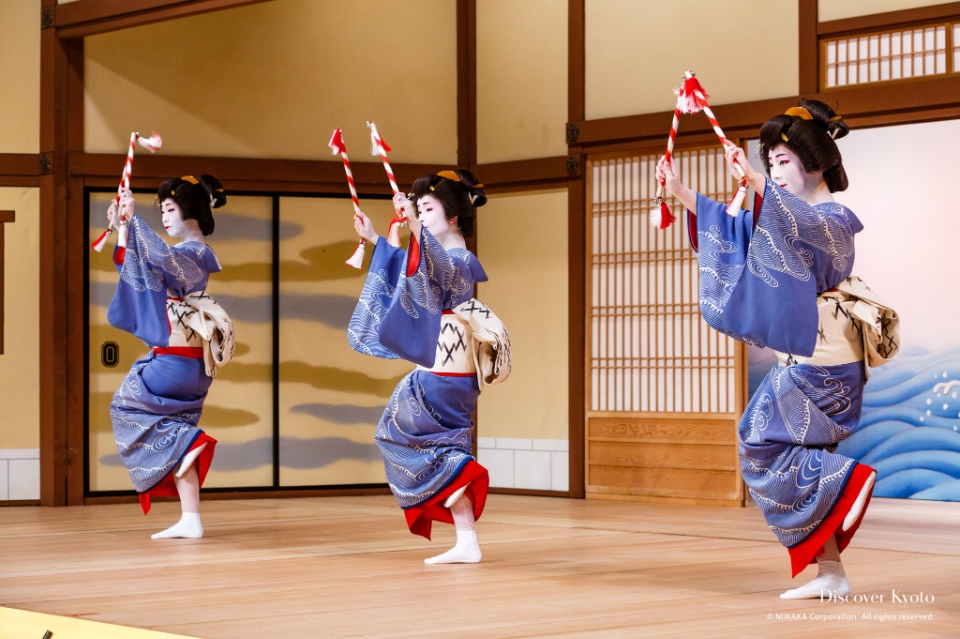
When you set foot in Kyoto, you feel like you are returning to ancient Japan. There are no massive skyscrapers or high-rise buildings but instead the ancient capital of Kyoto has a rustic, tranquil, peaceful and poetic appearance.
Where is Kyoto?
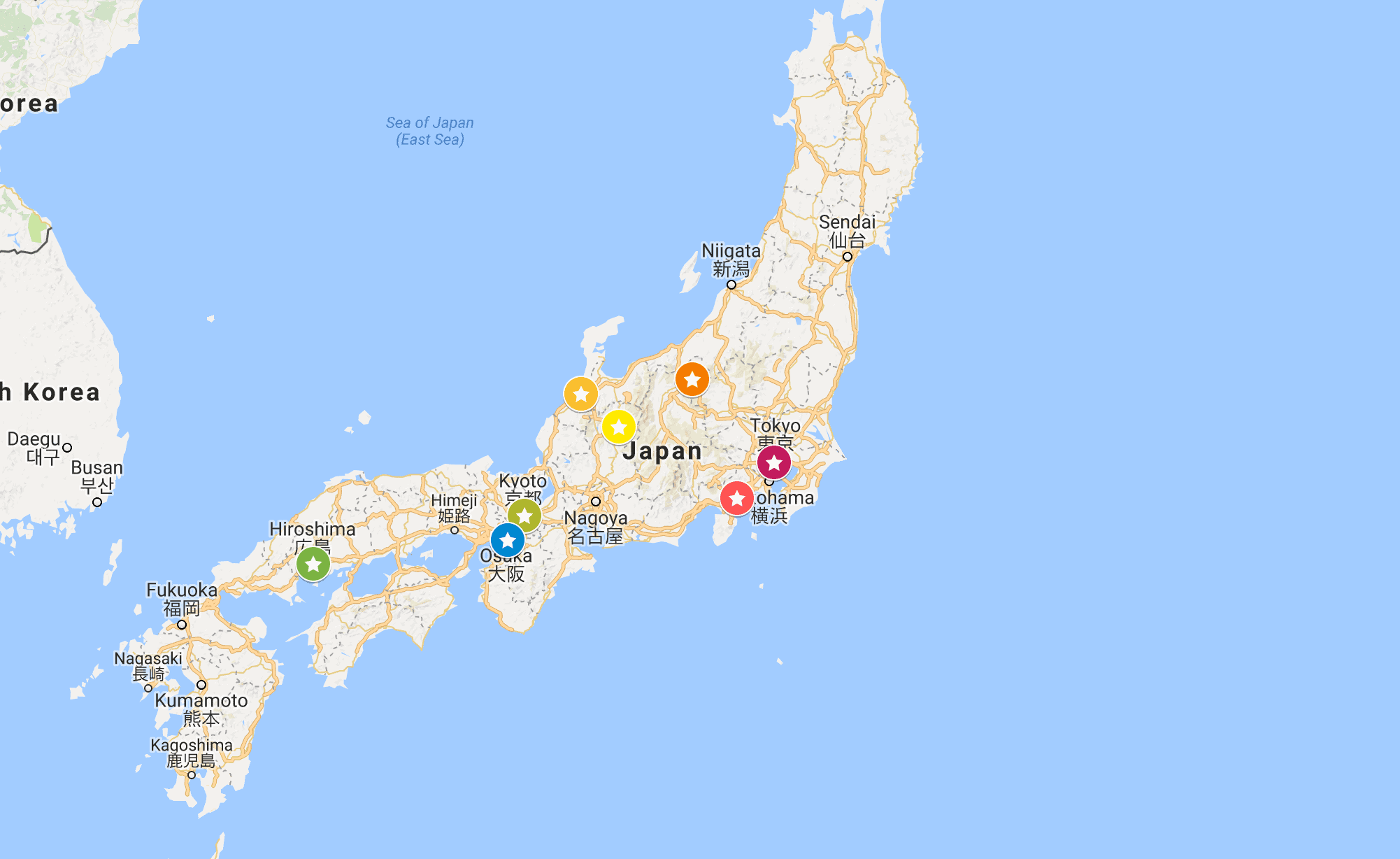
Kyoto is located on Honshu Island, Japan’s largest island, about 500km from Tokyo. The ancient capital of Kyoto was the capital of Japan, so more than half of the temples, shrines, pagodas and castles, mansions are concentrated here and are still maintained and preserved quite well.
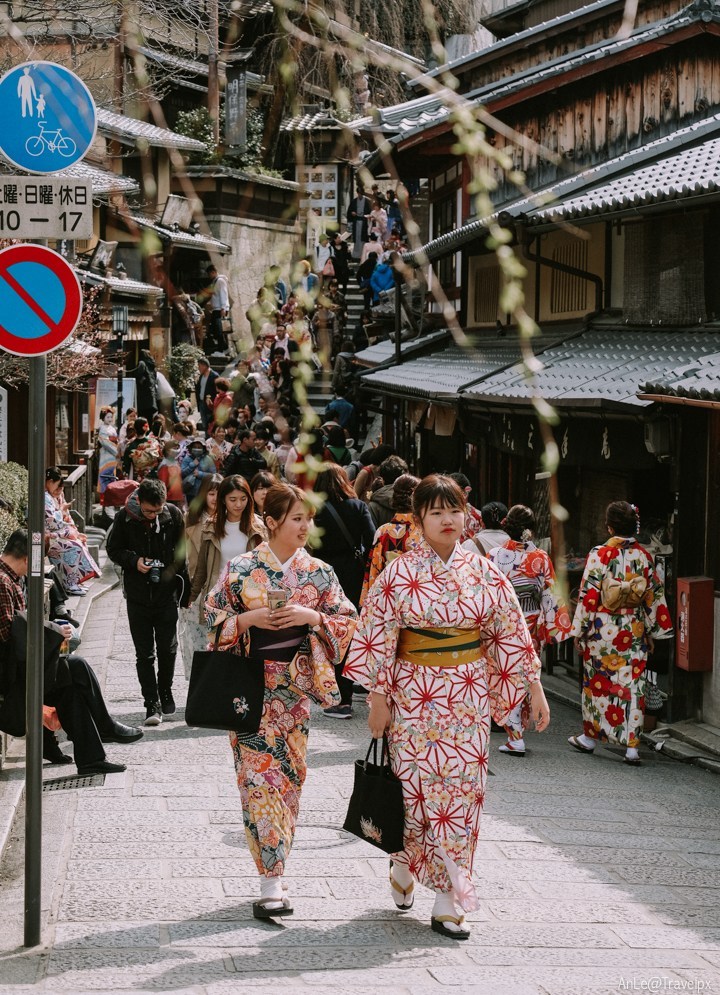
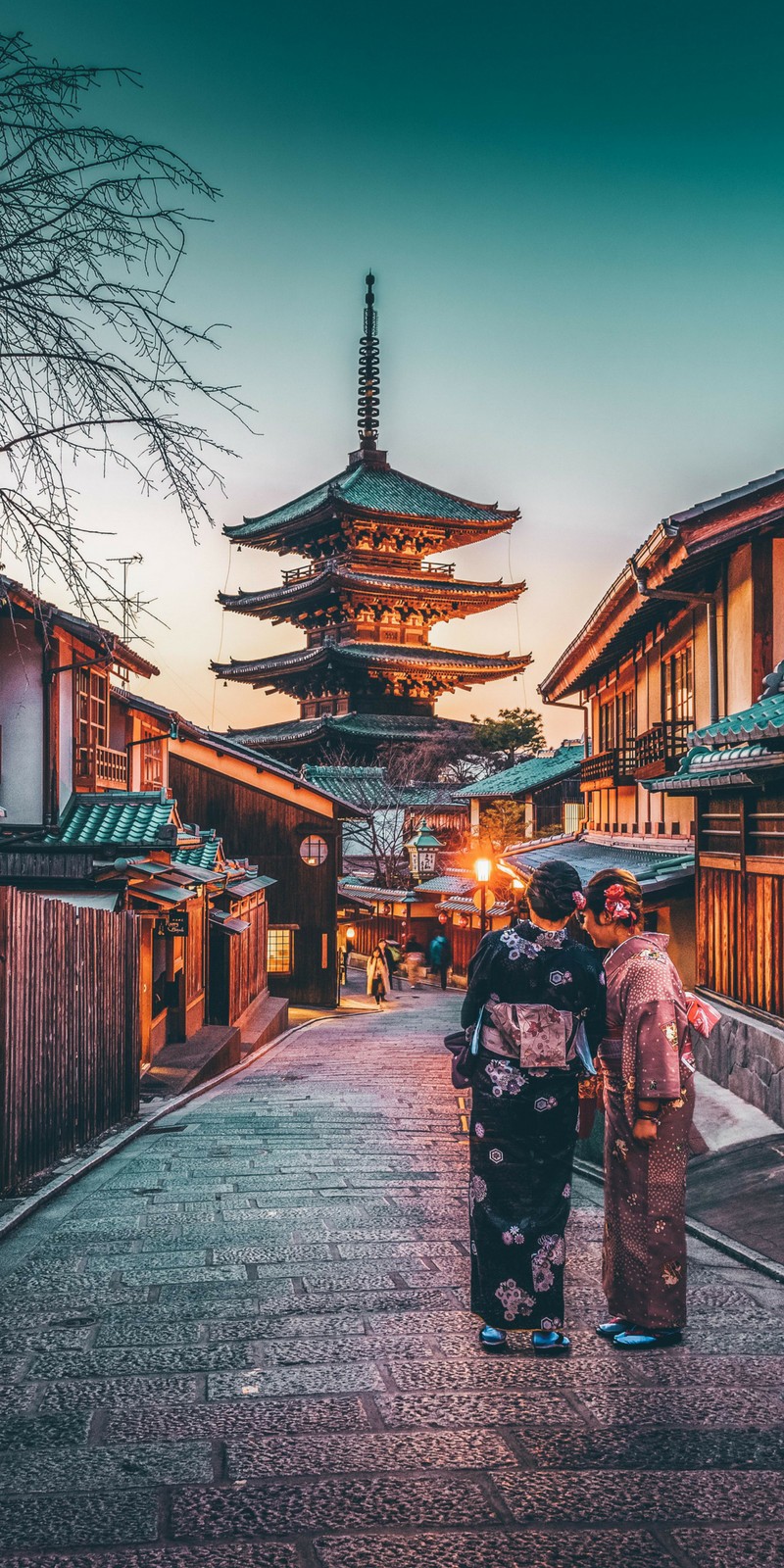
Kyoto is the ancient capital of Japan with a history of thousands of years, and was also the seat of the Japanese emperors from 794 to 1868. Therefore, the most beautiful cultural values and ancient architecture are concentrated in this city. If you come to Japan without visiting Kyoto, it is a big mistake.
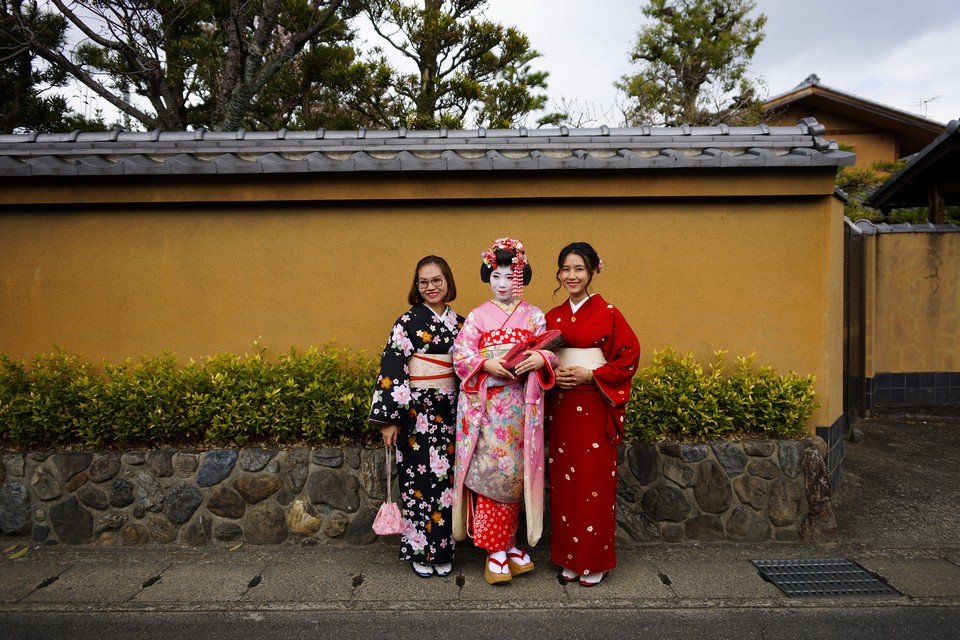
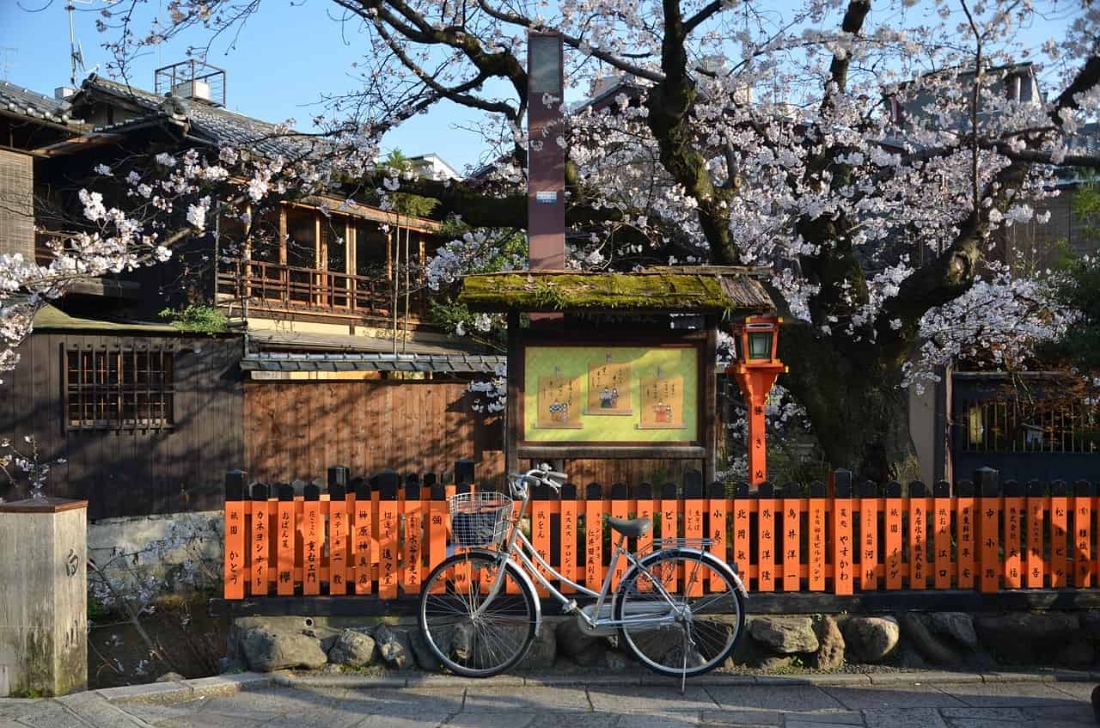
Climate and weather in Kyoto (# when is the best time to visit kyoto)
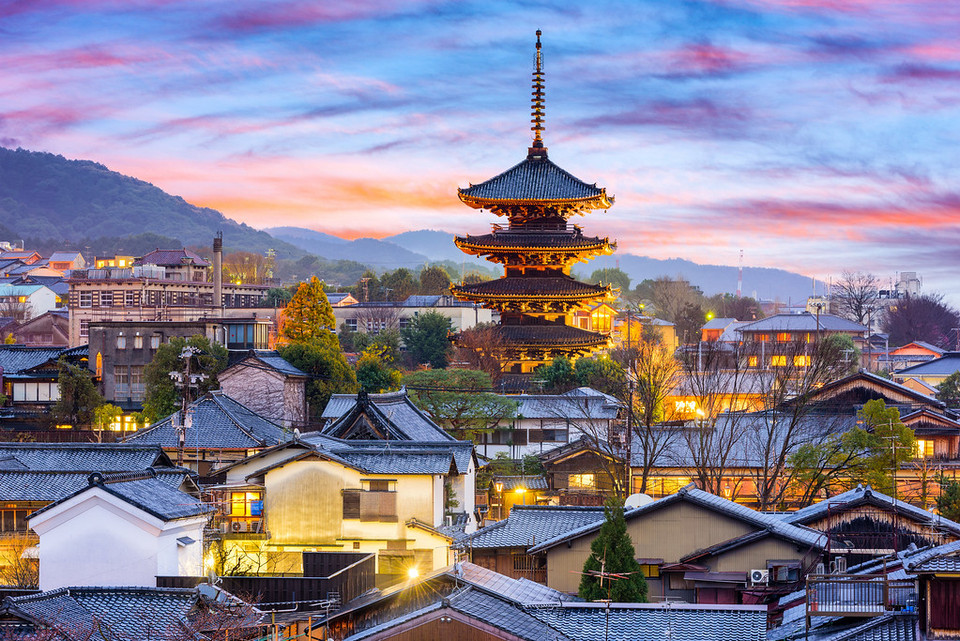
In terms of terrain, Kyoto is surrounded in three sides by Mount Higashiyama, Mount Kitayama and Mount Nishiyama with each mountain about 1,000 m above sea level. Therefore, it also affects the climate and weather in Kyoto. In general, Kyoto has a humid subtropical climate with clear changes in each season in temperature and rainfall. Summers are hot and humid and winters are relatively cold, with occasional snowfall. In Kyoto, starting around mid-June and lasting until the end of July, there are frequent rains, and in September and October, there will be storms.
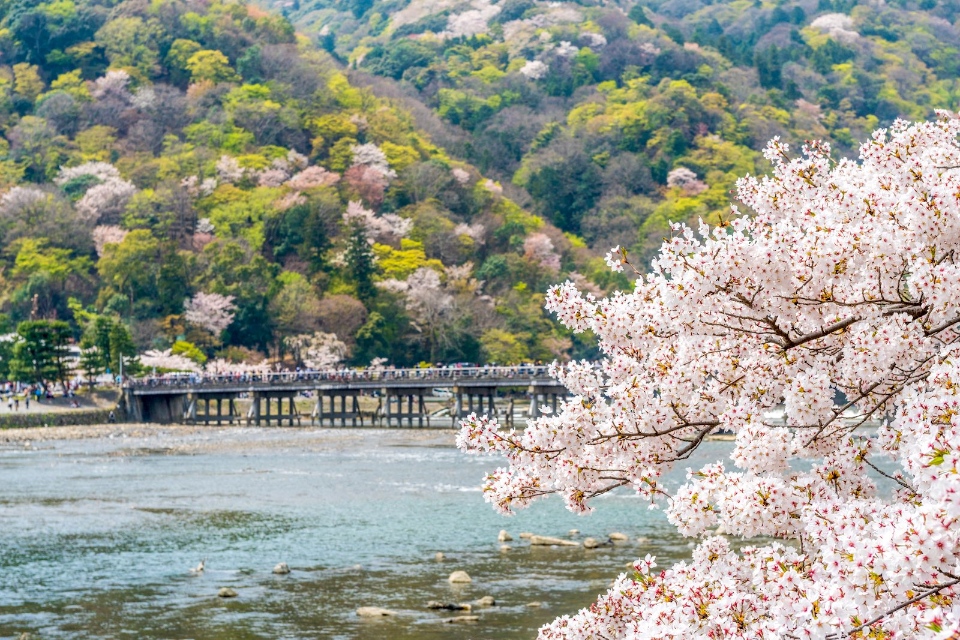
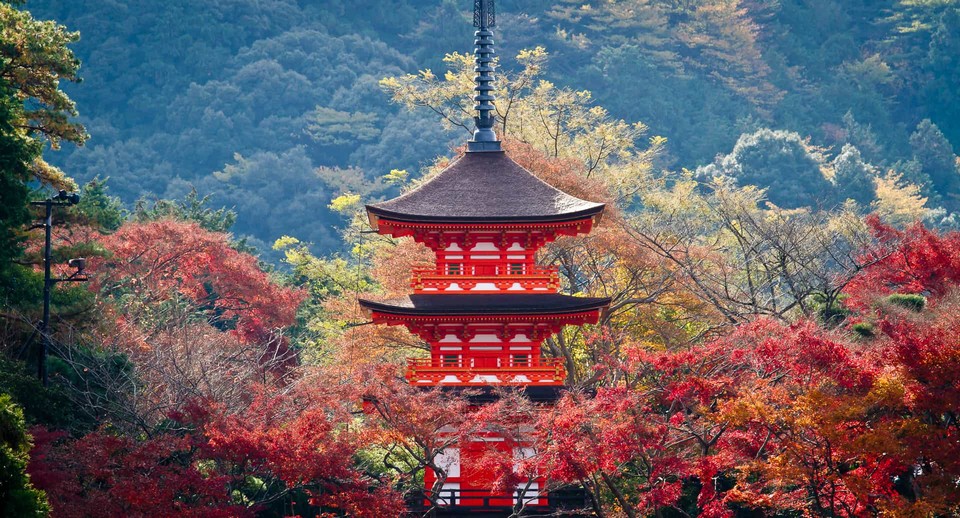
Kyoto city is covered on all four sides by forests and mountains, so the air here is humid all year round, making summers hot and winters cold and snowy, but the air is very fresh and pleasant.
Which is the best season to visit Kyoto? (# when to visit kyoto)
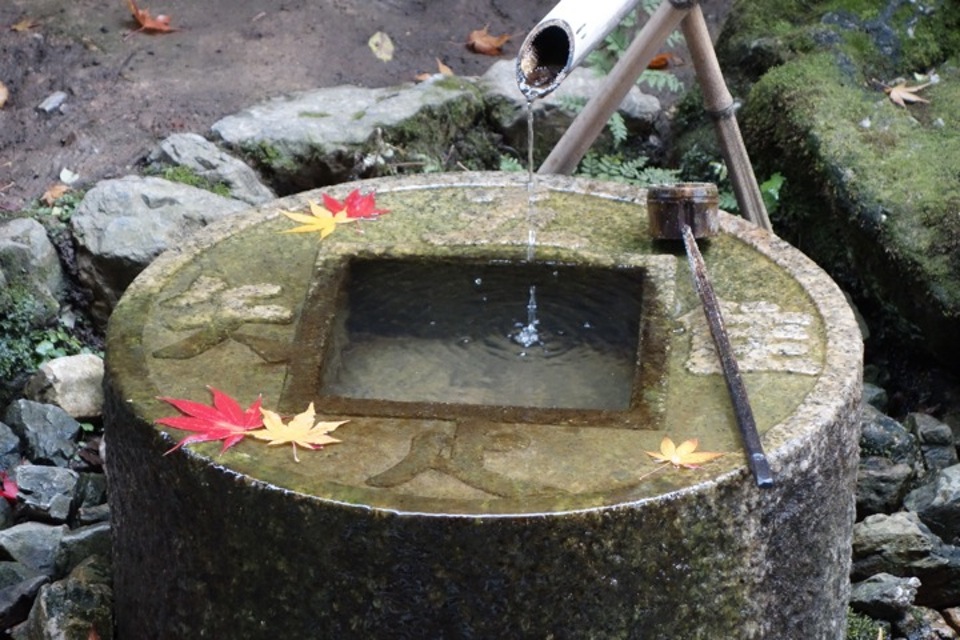
To know which season is the best to go to Kyoto, you can look at the characteristics of each season in Kyoto below.
Spring (March – May)
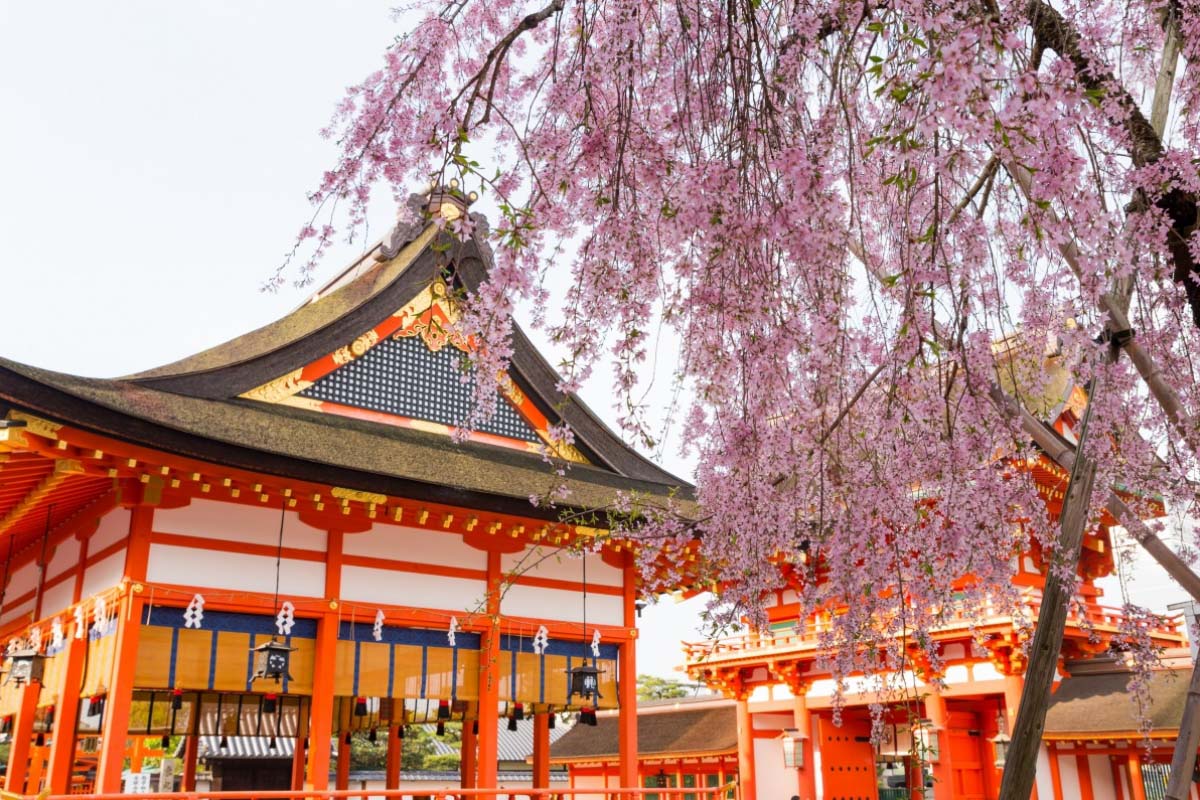
Known as the land of cherry blossoms, no one knows that spring everywhere in Japan is the cherry blossom season. That is also the time when most tourists visit to admire that poetic natural picture. Coming to Kyoto in spring, visitors will feel the cool, fresh and comfortable atmosphere. Not only cherry blossoms, but these months are also when many other flowers come to life. Visitors will see ancient buildings in Kyoto adorned with the vibrant colors of Spring.
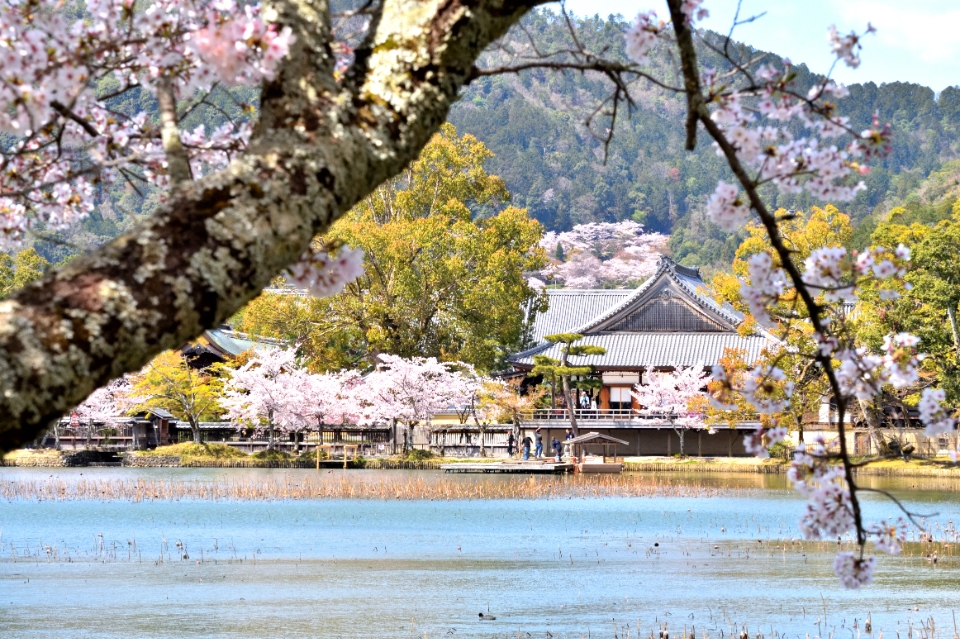
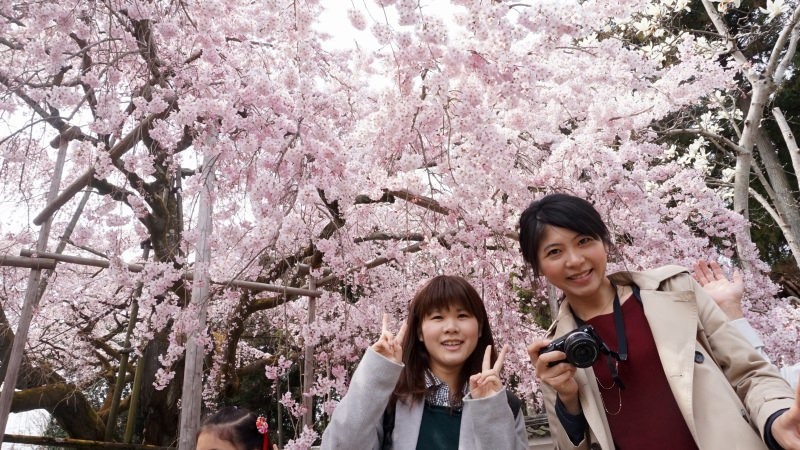
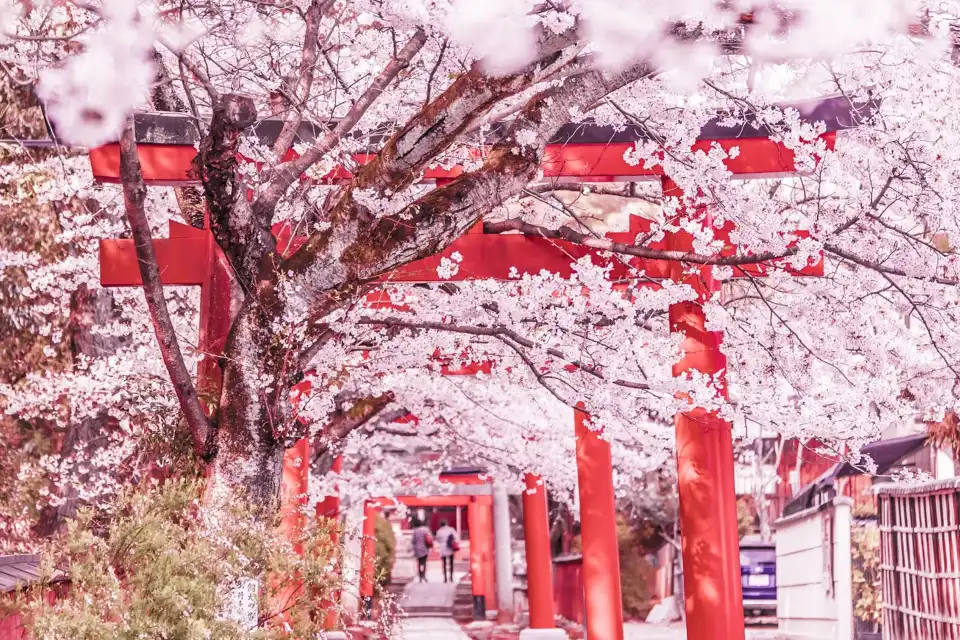
In spring, the weather is extremely cool, but in the early morning and late evening it is still quite cold, only 9 – 11 degrees Celsius, so you need to prepare clothes to keep your body warm. This time is very suitable for spring travel, going to temples and watching cherry blossoms.
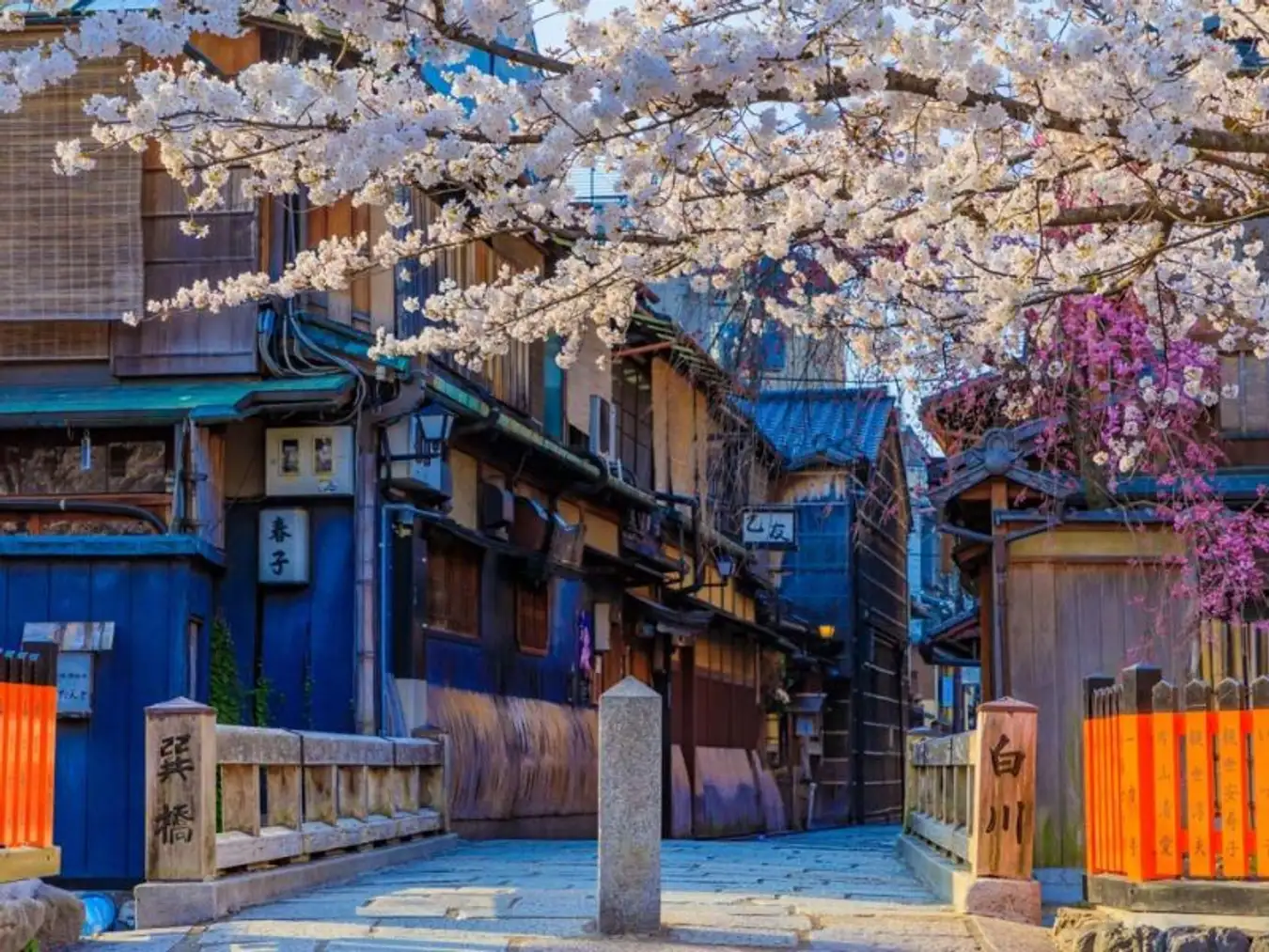
Summer (June – August) (# best time to travel to kyoto)
In Kyoto during the summer months, the temperature is quite hot, sometimes reaching up to 34°C. Therefore, tourists rarely visit Kyoto at this time. However, summer is the season of festivals for the Japanese people. There are many extremely majestic and bustling festivals and events taking place in Kyoto at this time. Therefore, if you are a lover of local culture, customs and traditions, you can visit Kyoto during these exciting holidays.
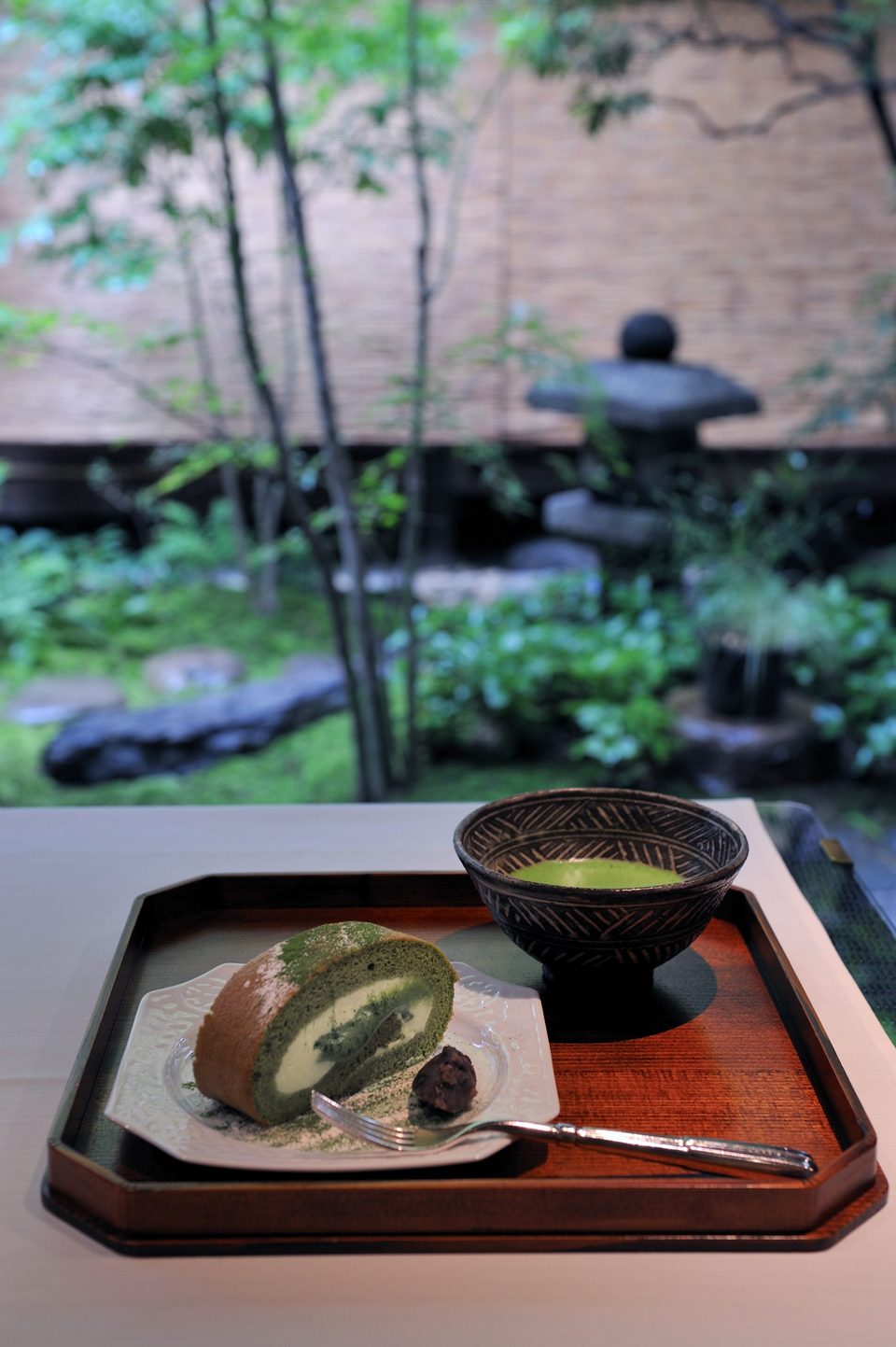
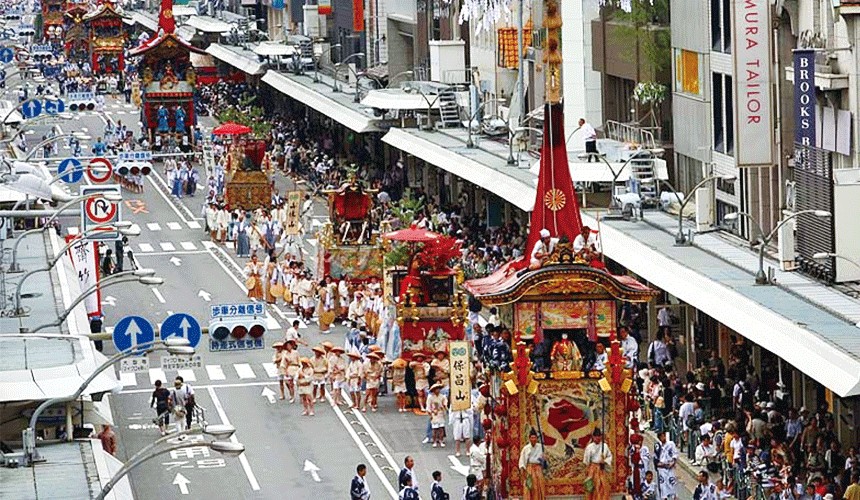
Temperatures in the summer are quite hot and can reach over 34 degrees Celsius and there is a lot of rain. If you can’t stand the hot and uncomfortable weather, you should not go during this time.
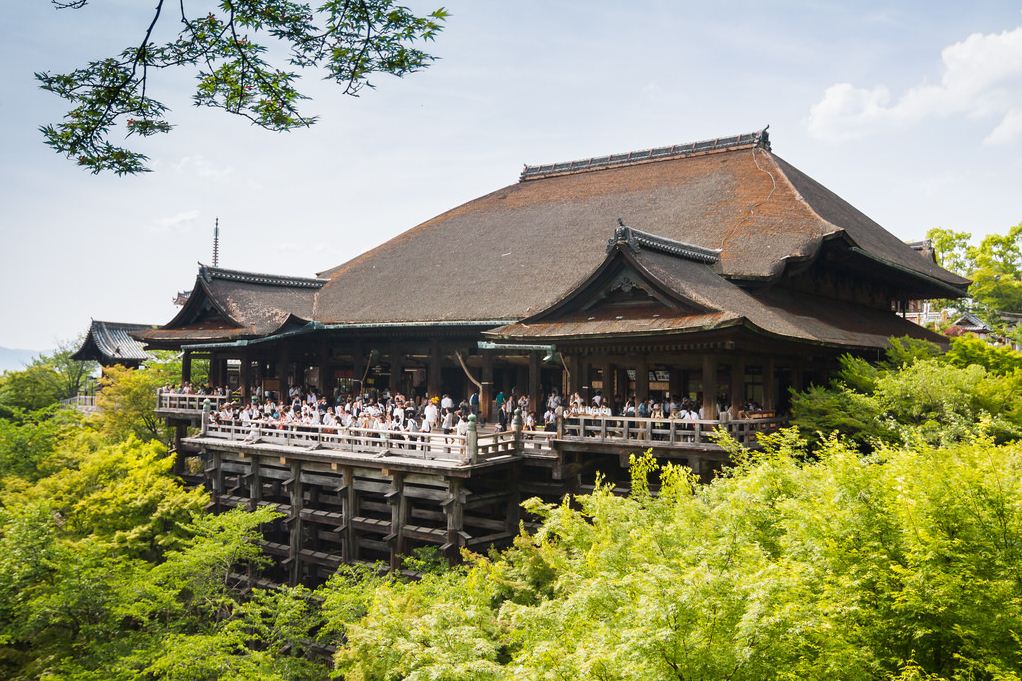
Fall (September – November) (# when is the best time to visit kyoto)
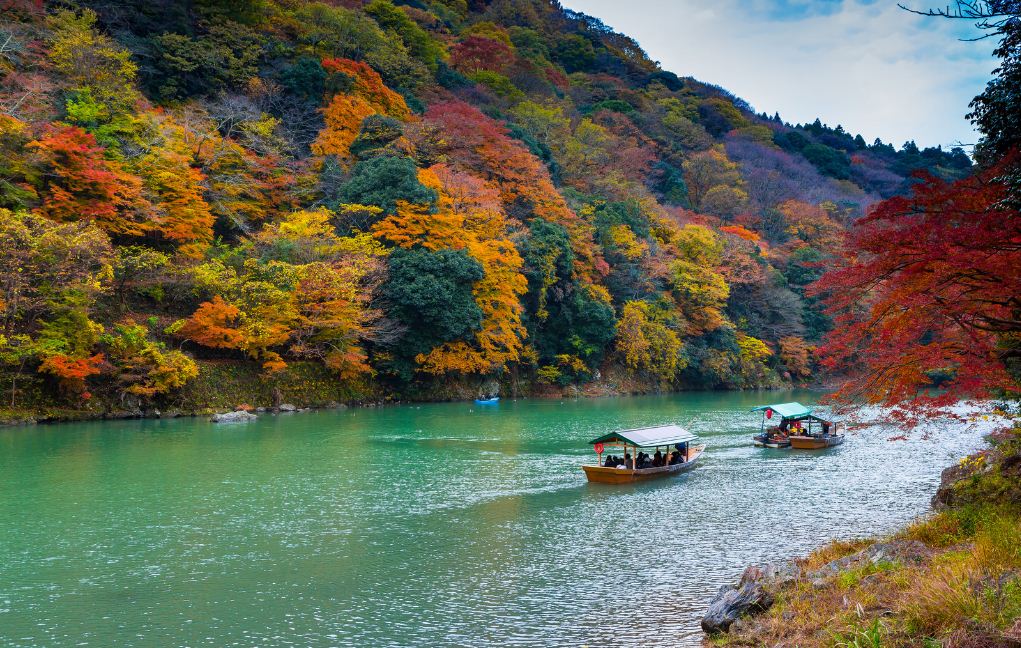
This is probably the answer many people choose when asked which is the best season to travel to Kyoto. Because the fall is the time when the foliage begins to turn its characteristic red, orange and yellow colors. Walking on the streets, street corners in Kyoto or around temples, visitors can easily see surprisingly beautiful poetic paintings. The autumn weather is extremely cool and a bit chilly, so it is very suitable for exploration and sightseeing trips in Kyoto.
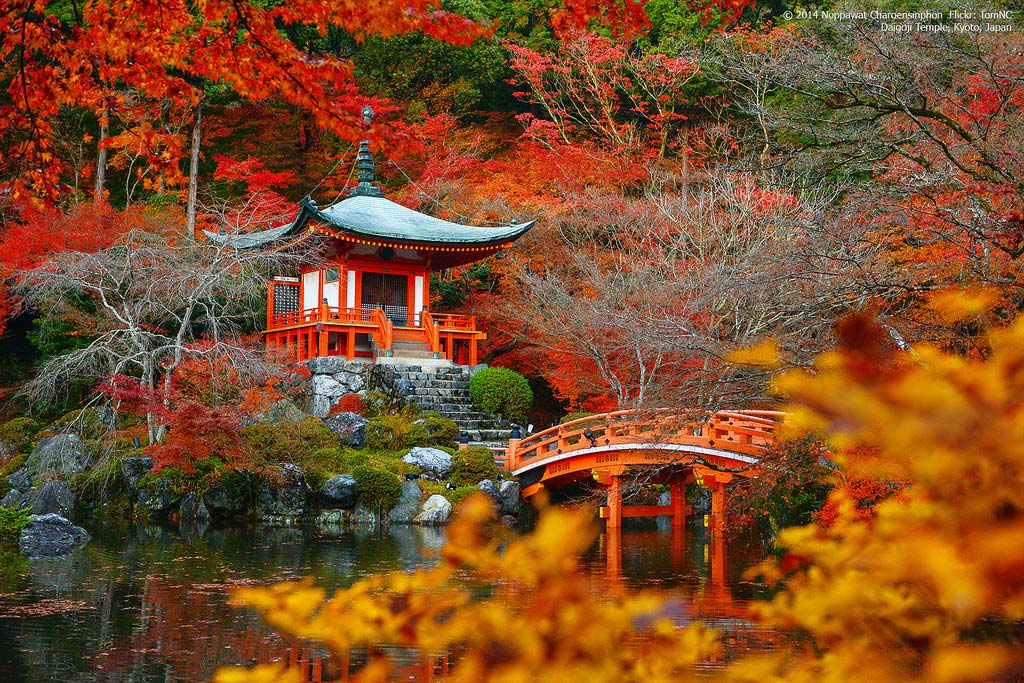
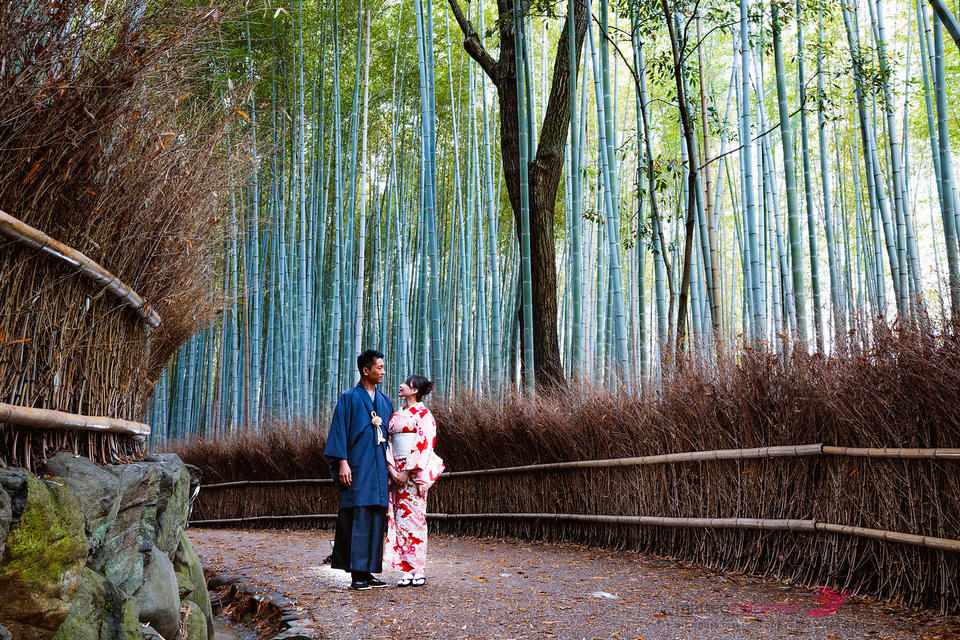
Perhaps the ancient capital of Kyoto is most beautiful in the fall. Around this time, the whole of Kyoto is dressed in yellow and red as the leaves change color before winter. To fully see the beauty of Kyoto, you should visit Eikando Temple, where about 3,000 red-leaf trees create typical colors Kyoto.
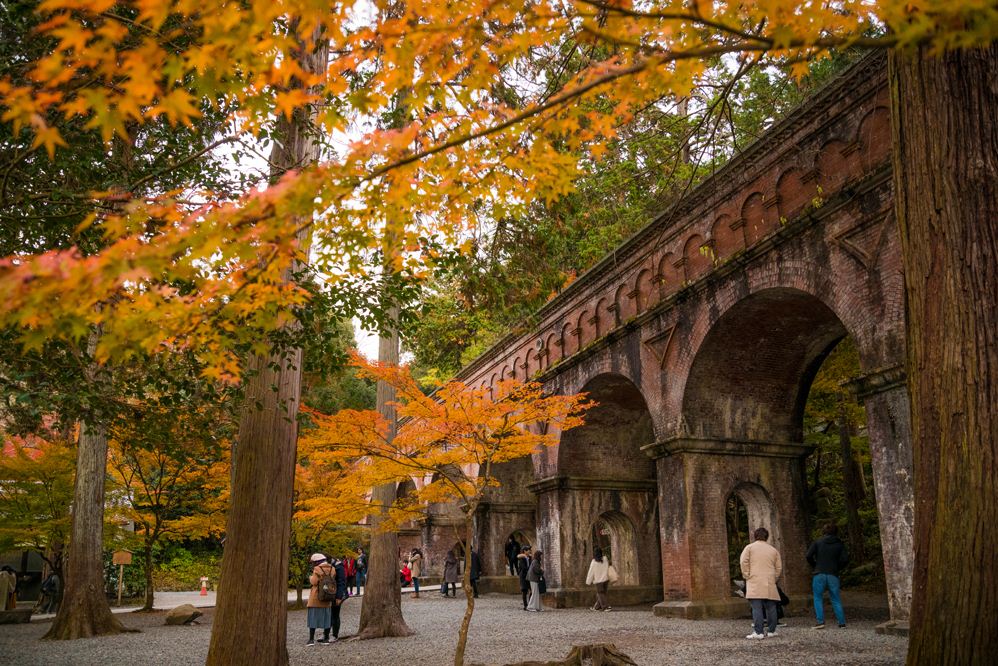
Winter (December – February) (# best time to travel to kyoto)
Like many other cities in Japan, Kyoto’s winter is when white snow covers the landscape here. The weather is cold, the temperature drops sharply, sometimes down to -10°C. Therefore, visitors need to prepare thick, warm clothes and remember to equip wool hats, gloves, boots, thermal patches, etc. Even though it is cold, many tourists still want to go to Kyoto in the winter to see snowfall with their own eyes, participate in some local year-end festivals and winter activities such as skiing, ice skating,…
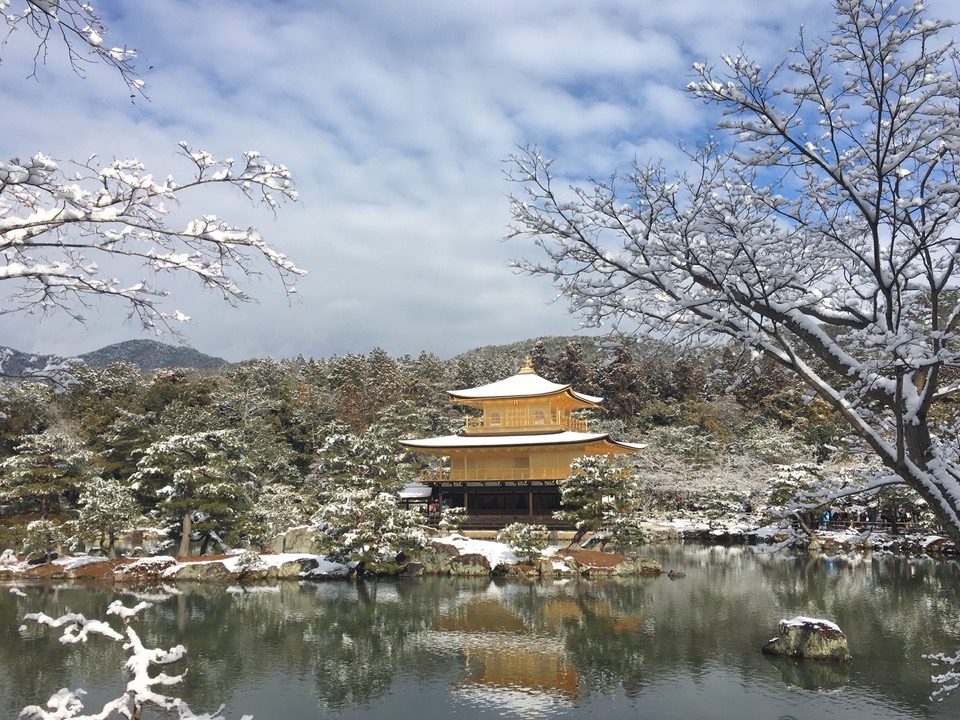
In contrast to autumn, Kyoto changes itself with a layer of pure white covered by a thick layer of snow. Although the weather is a bit harsh, the temperature can drop below 0 degrees Celsius, you should also visit the ancient capital to experience extremely interesting festivals such as Fudehajimesai Festival Fude-Hajime-sai Festival (First calligraphy of the year), Kemari Hajime festival (Kyoto’s Ball Game) and Toka Ebisu festival.
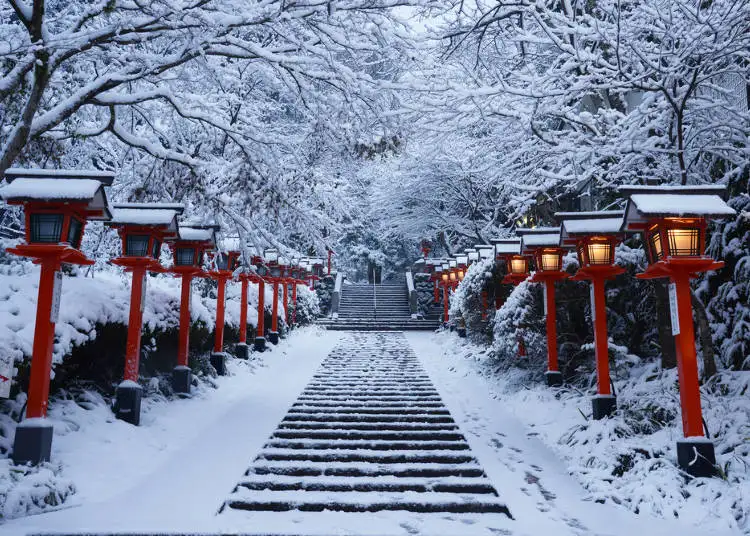
Which is the best month to visit Kyoto?
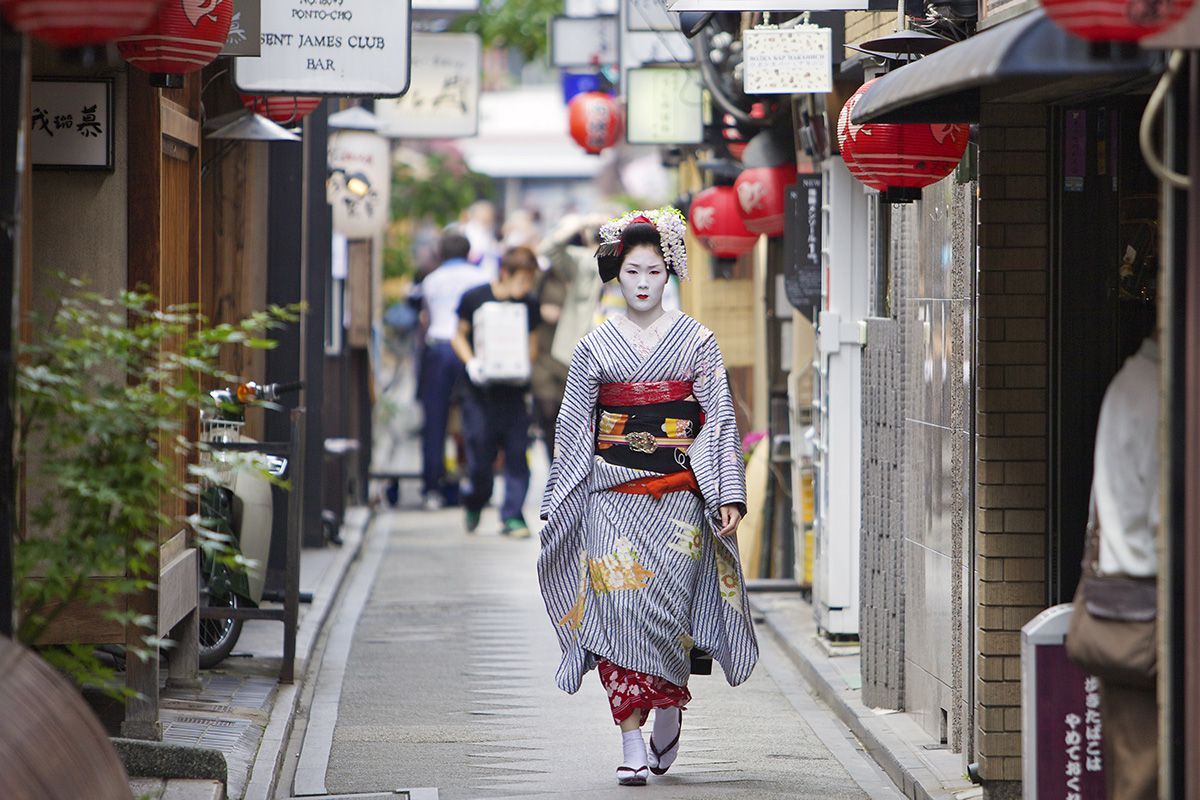
You probably already know basic information and some characteristics about the seasons of the year in Kyoto. But to be more detailed and clearer, we should learn about each month of the year, what the specific temperature is, etc. Based on it, it will be easier for you to decide when to go to Kyoto, which season and which month is the best time to visit Kyoto, right?
January
- Highest average temperature: 8°C
- Lowest average temperature: -1°C
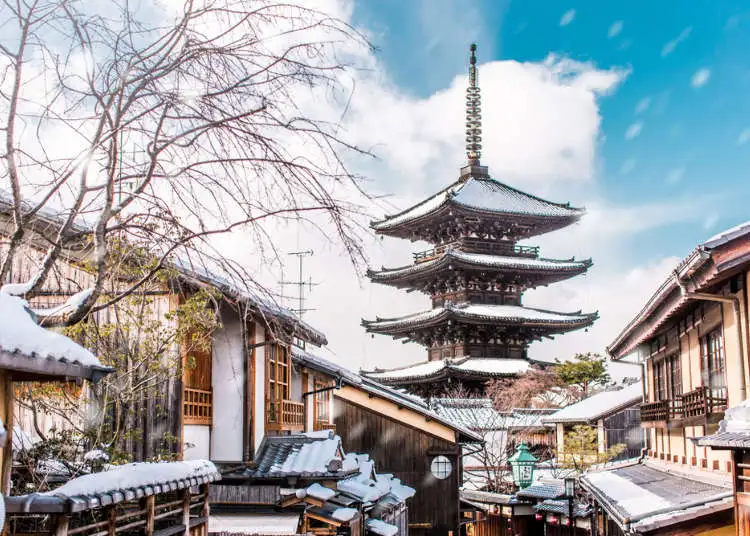
This is the month that begins a new year, so visitors can experience the Hatsumode ritual (the first prayer ritual of the year at a temple or shrine) taking place at Shinto shrines and Buddhist temples in Kyoto. January is also the coldest time of the year, snow falls continuously for many days, so the streets are quite slippery. Visitors should prepare thick clothes, jackets, wool hats, gloves,… and waterproof, anti-slip shoes.
February
- Highest average temperature: 9°C
- Lowest average temperature: 0°C
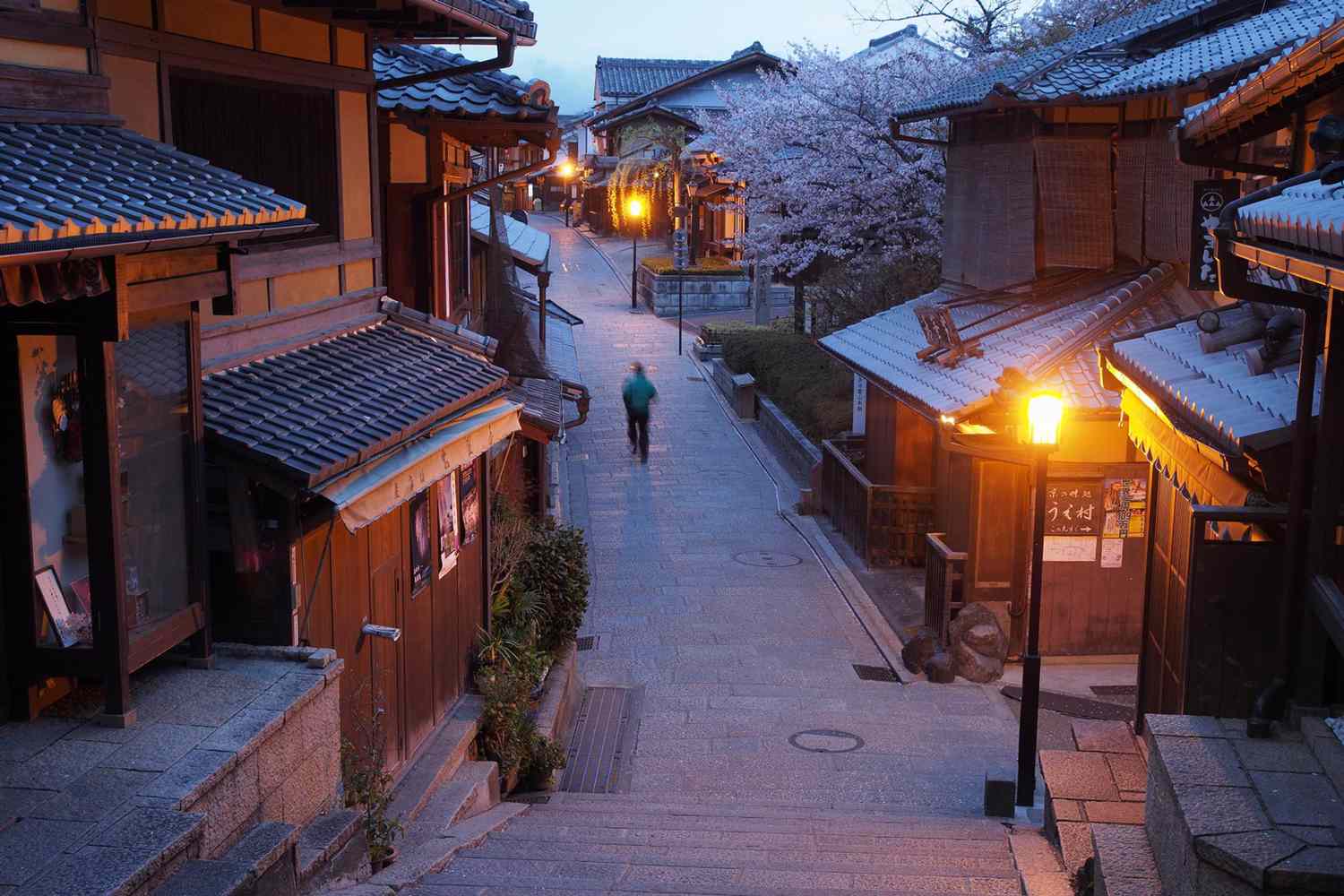
In February in Kyoto, the weather is still quite cold, so remember to bring warm clothes and items such as coats, gloves or scarves. Plum flowers also begin to bloom around mid-February – a signal that spring is coming. Not only sightseeing and sightseeing, visitors also remember to enjoy Kyoto’s February specialties such as sweet Uguisu-mochi cake.
March
- Highest average temperature: 12°C
- Lowest average temperature: 1°C
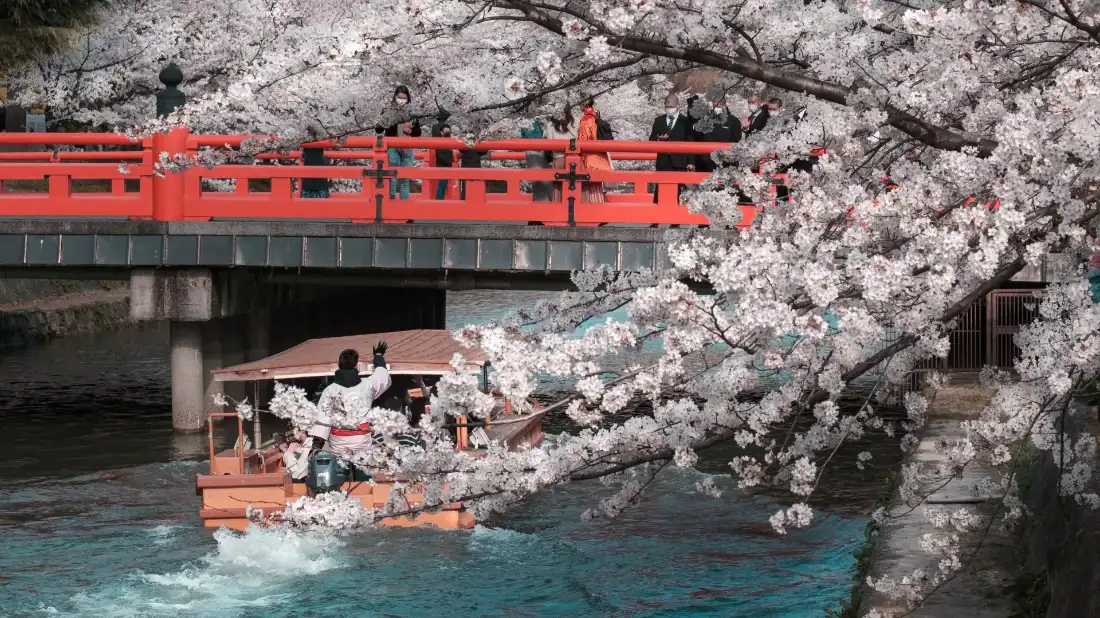
This is the time when many people look forward to admiring the pink color of the beautiful and fragile cherry blossoms. The weather is gradually getting warmer, but in the morning and evening the temperature will drop. Visitors should still bring a jacket to keep their body warm when walking outside. March is not only the time for cherry blossoms but also the time when plum blossoms begin to bloom. This makes us feel that Spring has truly come.
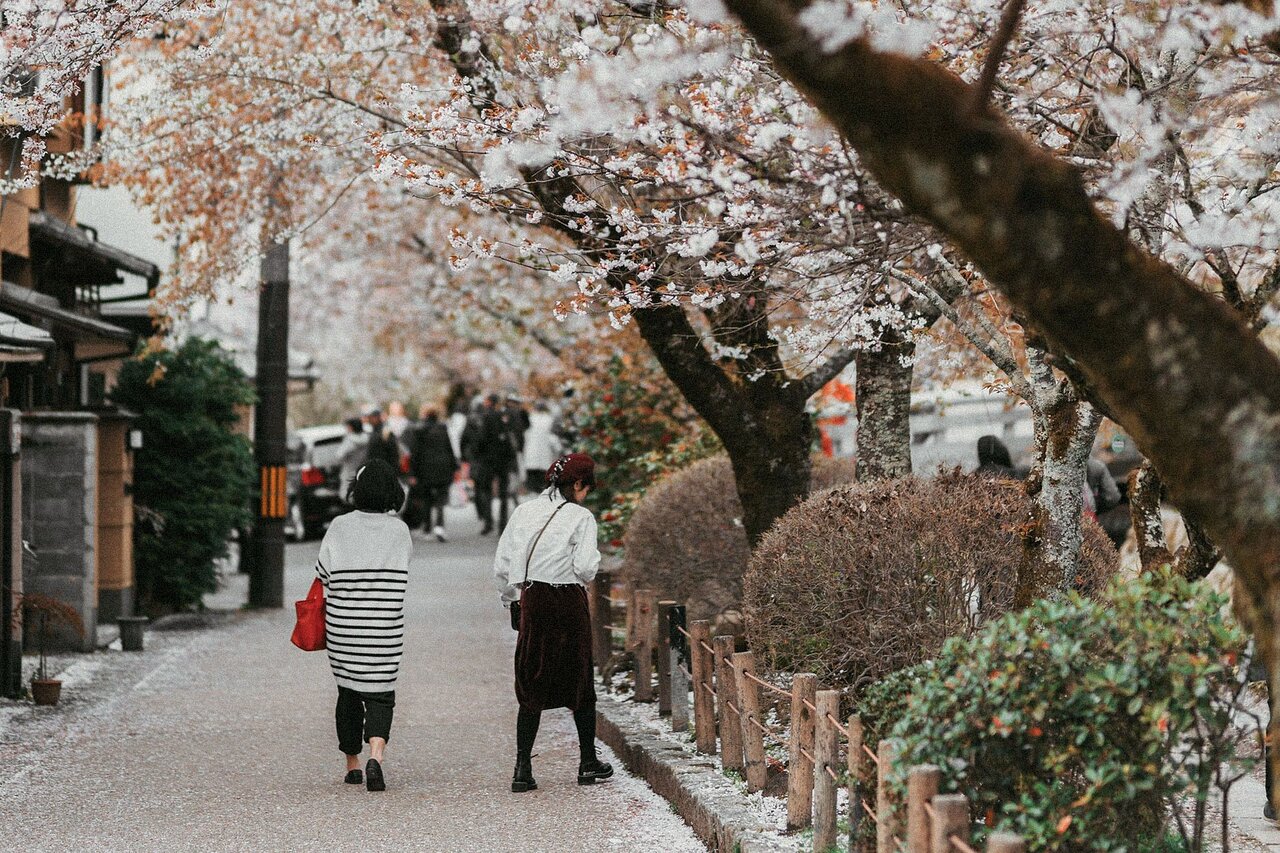
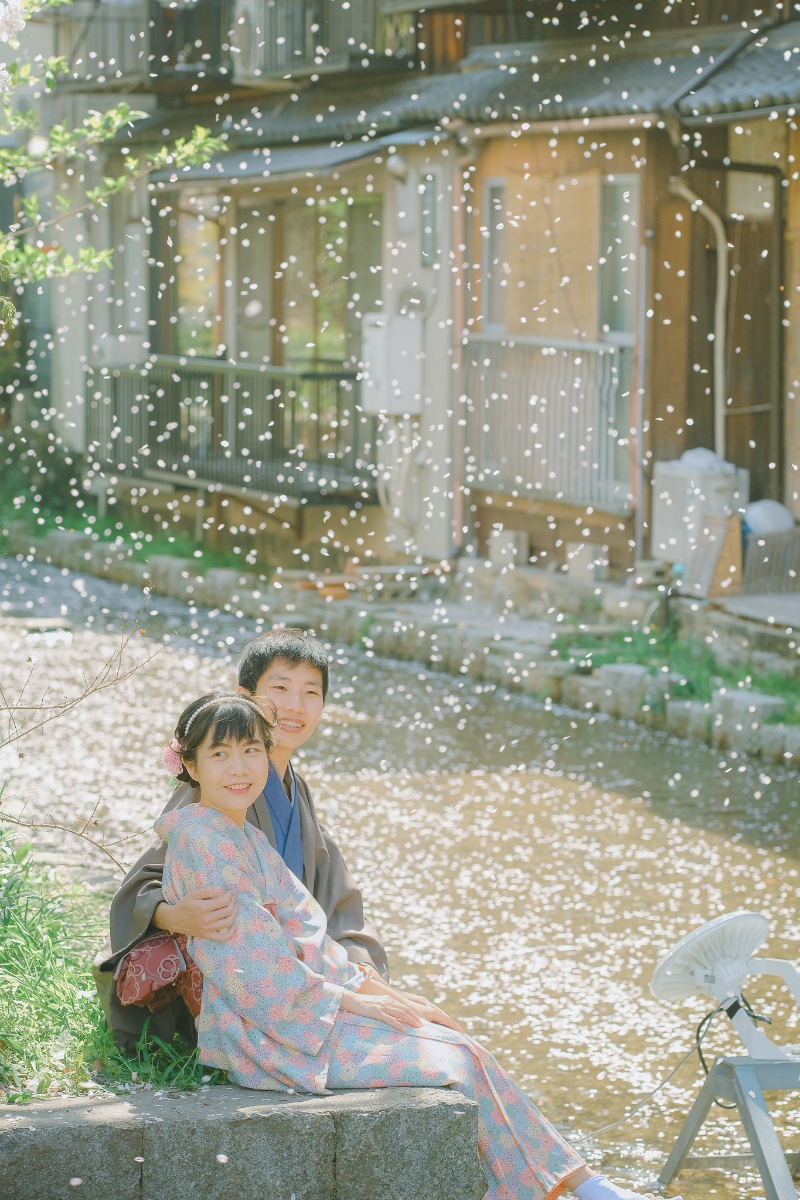
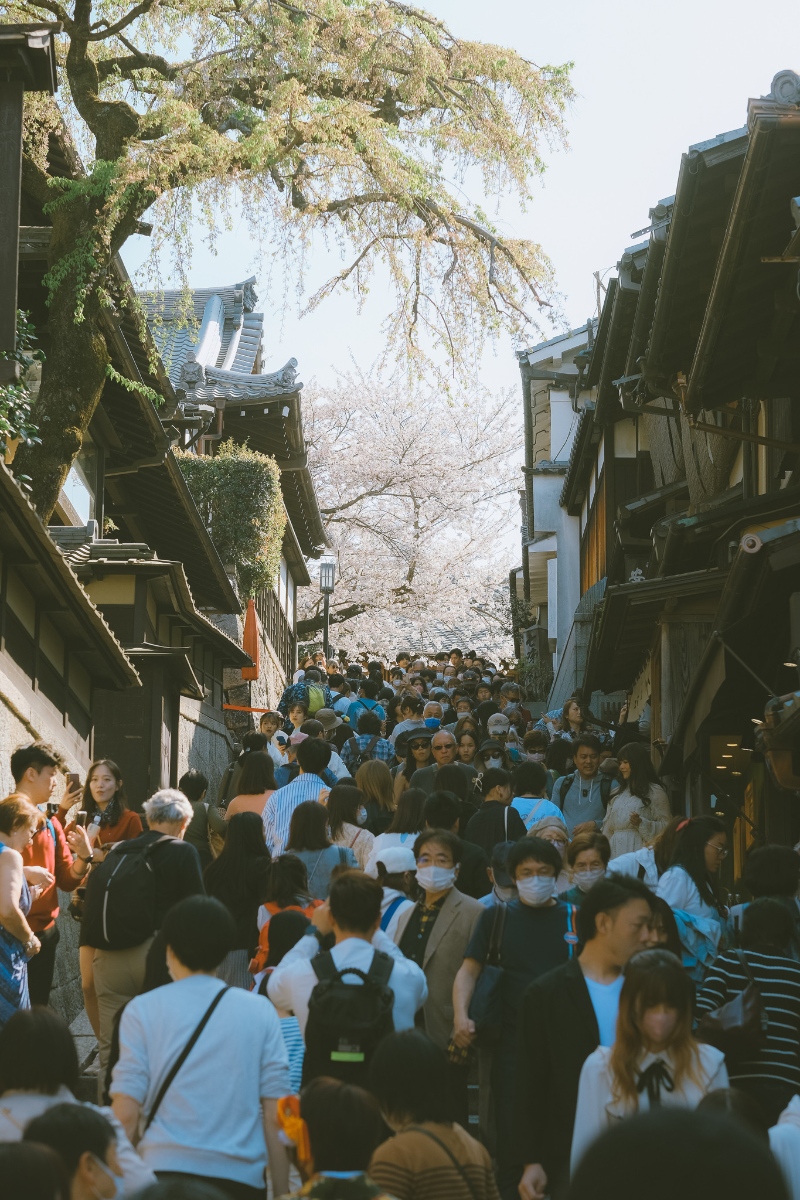
April
- Highest average temperature: 19°C
- Lowest average temperature: 7°C
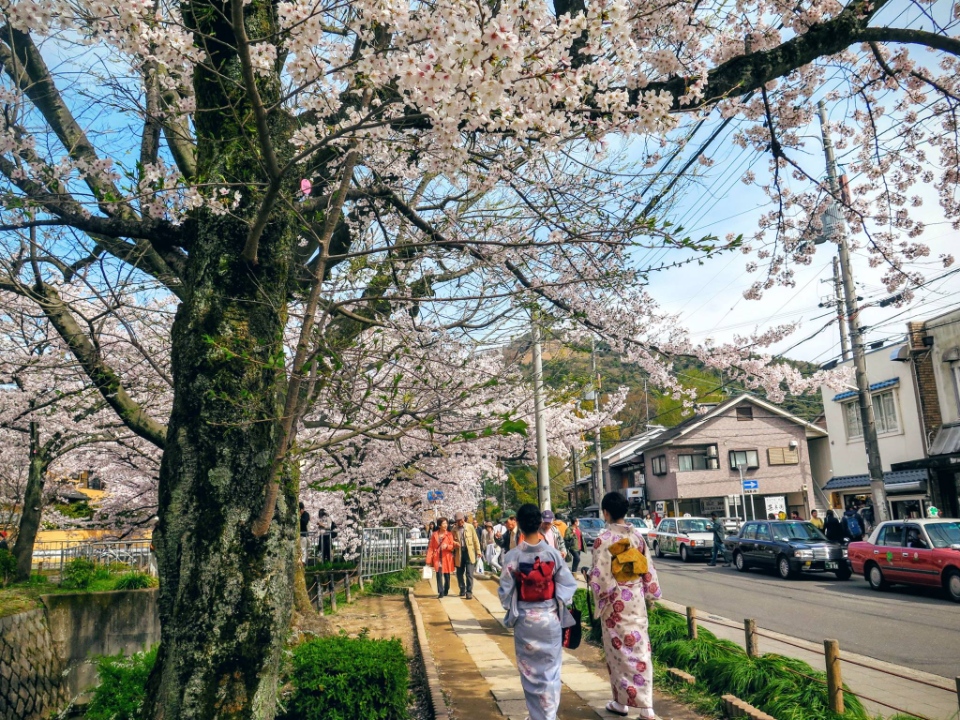
In April, the climate has become warm and cool, so visitors can choose comfortable clothes to go out and sightseeing. Early April is also the time when cherry blossoms in Kyoto bloom, so visitors will have the opportunity to admire the beautiful natural picture in this ancient capital of Japan. Therefore, if you want to know when to go to Kyoto to see cherry blossoms, the ideal time is the end of March to the beginning of April.
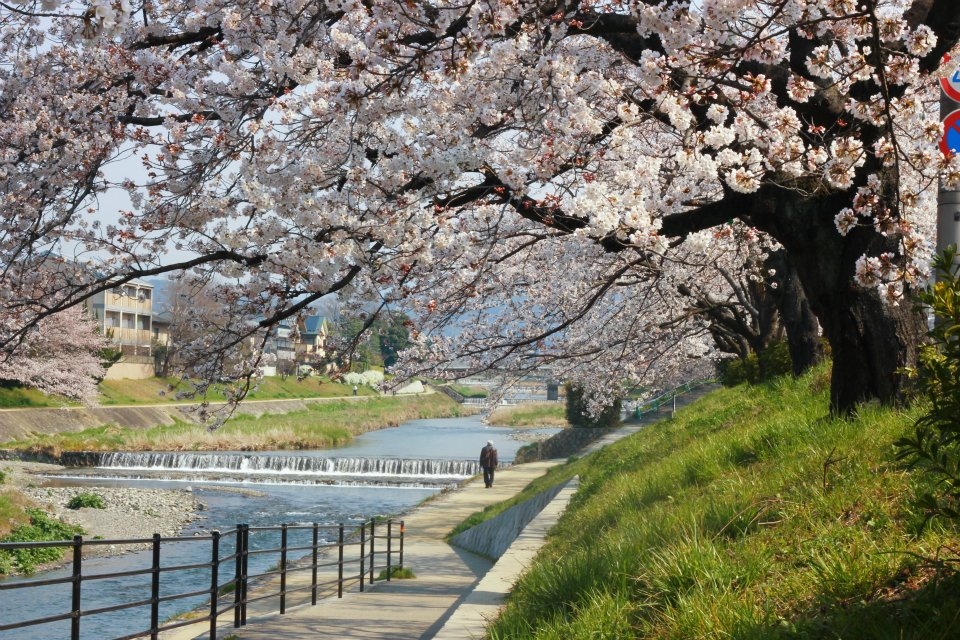
May
- Highest average temperature: 23°C
- Lowest average temperature: 11°C
May is the time when the weather in the city area will be hotter, signaling the beginning of summer. This is also the time when trees grow the fastest of the year, so a trip to the outskirts of Kyoto city will be extremely suitable for visitors to enjoy the fresh air and admire the green natural scenery. In May, there is also an extremely vibrant Aoi festival for Kyoto people.
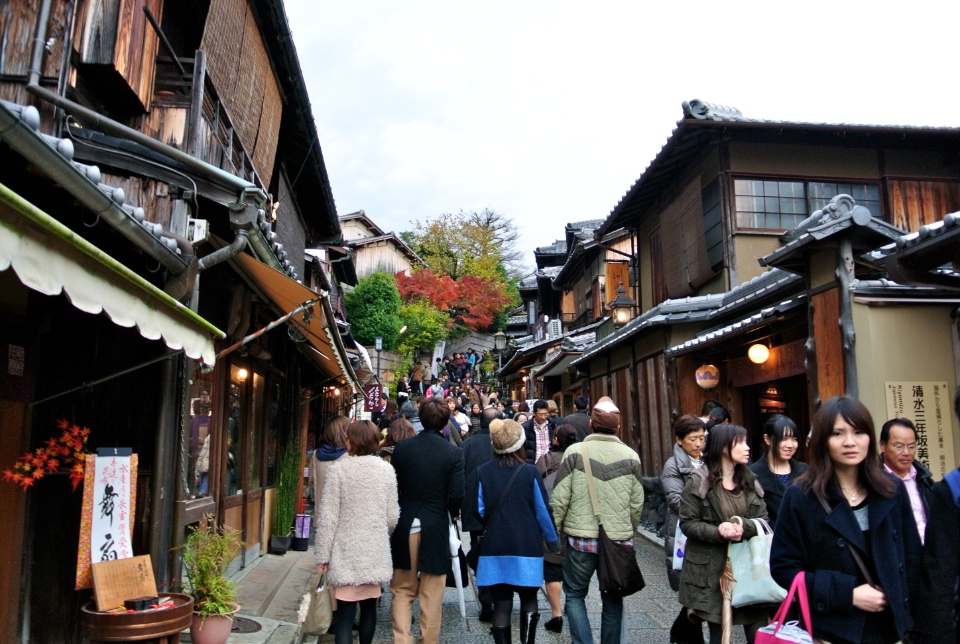
June
- Highest average temperature: 27°C
- Lowest average temperature: 16°C
This is the start of the rainy season in Kyoto. High temperature and humidity keep the air humid all day. Because it can rain at any time, visitors should remember to bring umbrellas and thin raincoats with them when sightseeing and walking around Kyoto. Besides, the humid climate is also a suitable time for hydrangeas to bloom, so visitors will have the opportunity to see the hydrangea garden if they visit Kyoto in June.
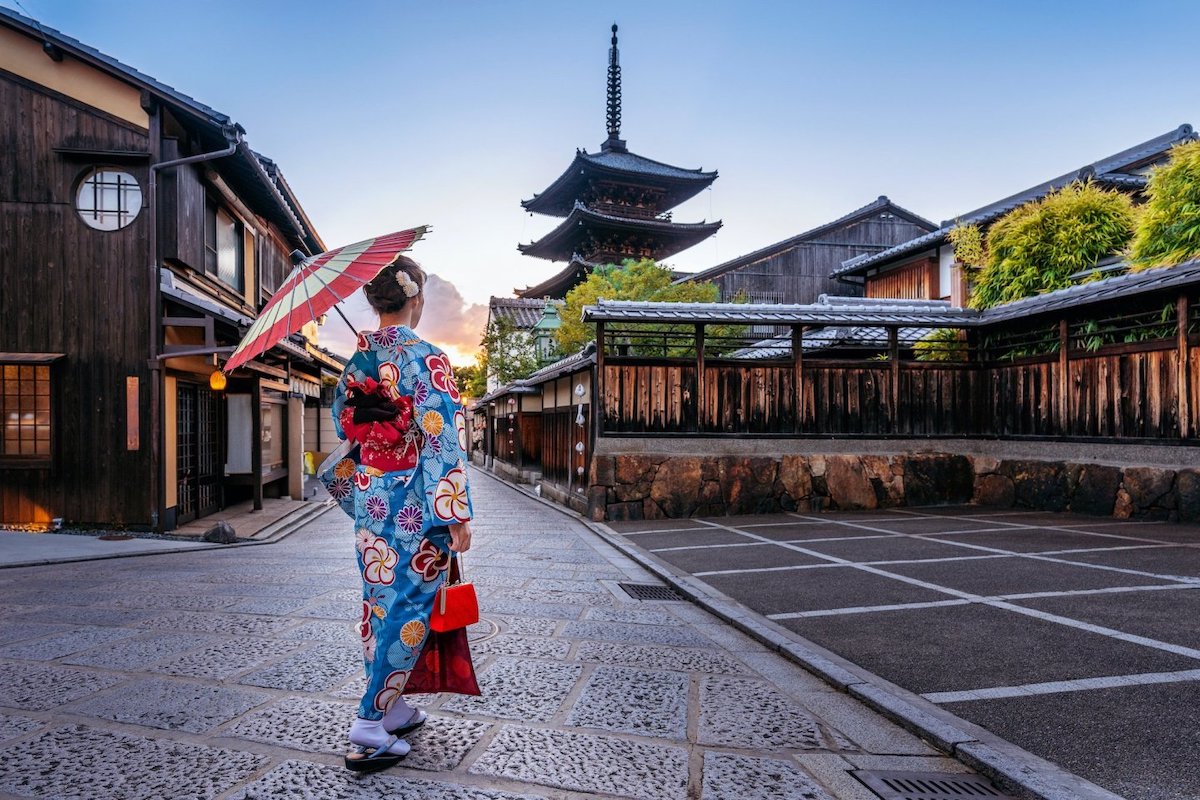
July
- Highest average temperature: 31°C
- Lowest average temperature: 21°C
It can be said that July is the hottest time of the year in Kyoto. Temperatures can reach above 30°C and last continuously for many days with high humidity. Therefore, keeping the body hydrated is extremely important. You should prepare sun protection items such as hats, sunglasses and apply sunscreen carefully to protect your skin. Gion Festival – is a famous summer festival in Kyoto also held this July.

August (# when to visit kyoto)
- Highest average temperature: 32°C
- Lowest average temperature: 22°C
Along with July, August days in Kyoto are also very hot and muggy. There are days when it’s hot and there’s no wind, so you’ll feel uncomfortable. Therefore, tourists should choose attractions in suburban areas to have more airy and cooler spaces. In addition, the people of Kyoto also make some cooling dishes on hot days in August that visitors should try, which is the cool Mizu Manju.
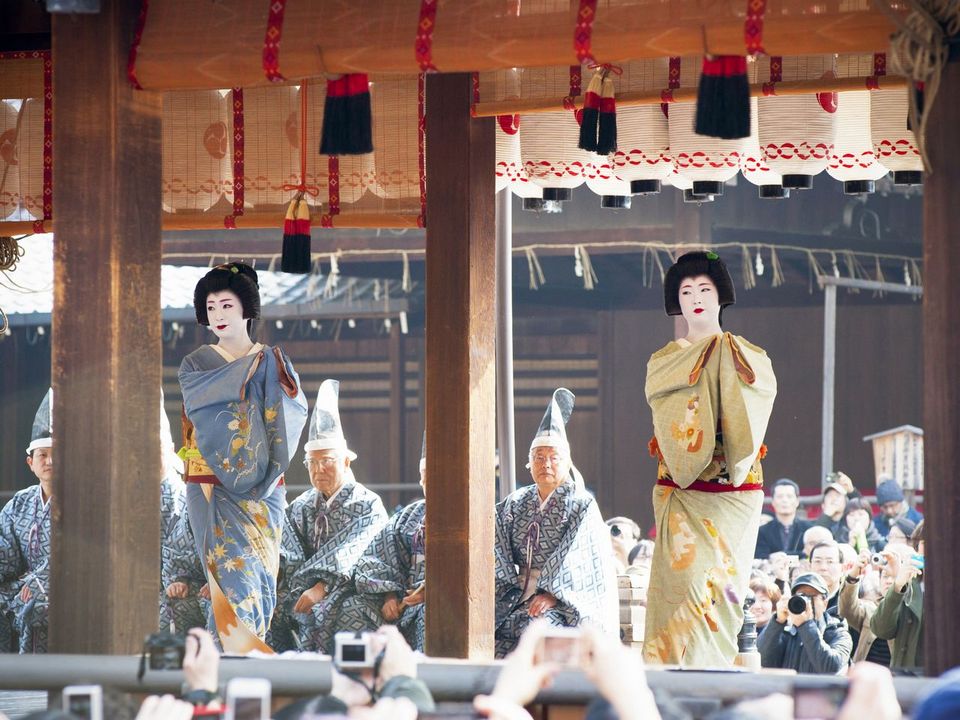
September
- Highest average temperature: 28°C
- Lowest average temperature: 18°C
In September, the climate becomes much more pleasant. During the day, the weather is extremely cool, so tourists can freely go out and visit famous sights in Kyoto. When night falls, sometimes a cold wind blows, so remember to bring a light jacket if needed. Also, don’t forget to monitor the weather forecast because this is also the time when Kyoto often experiences storms.
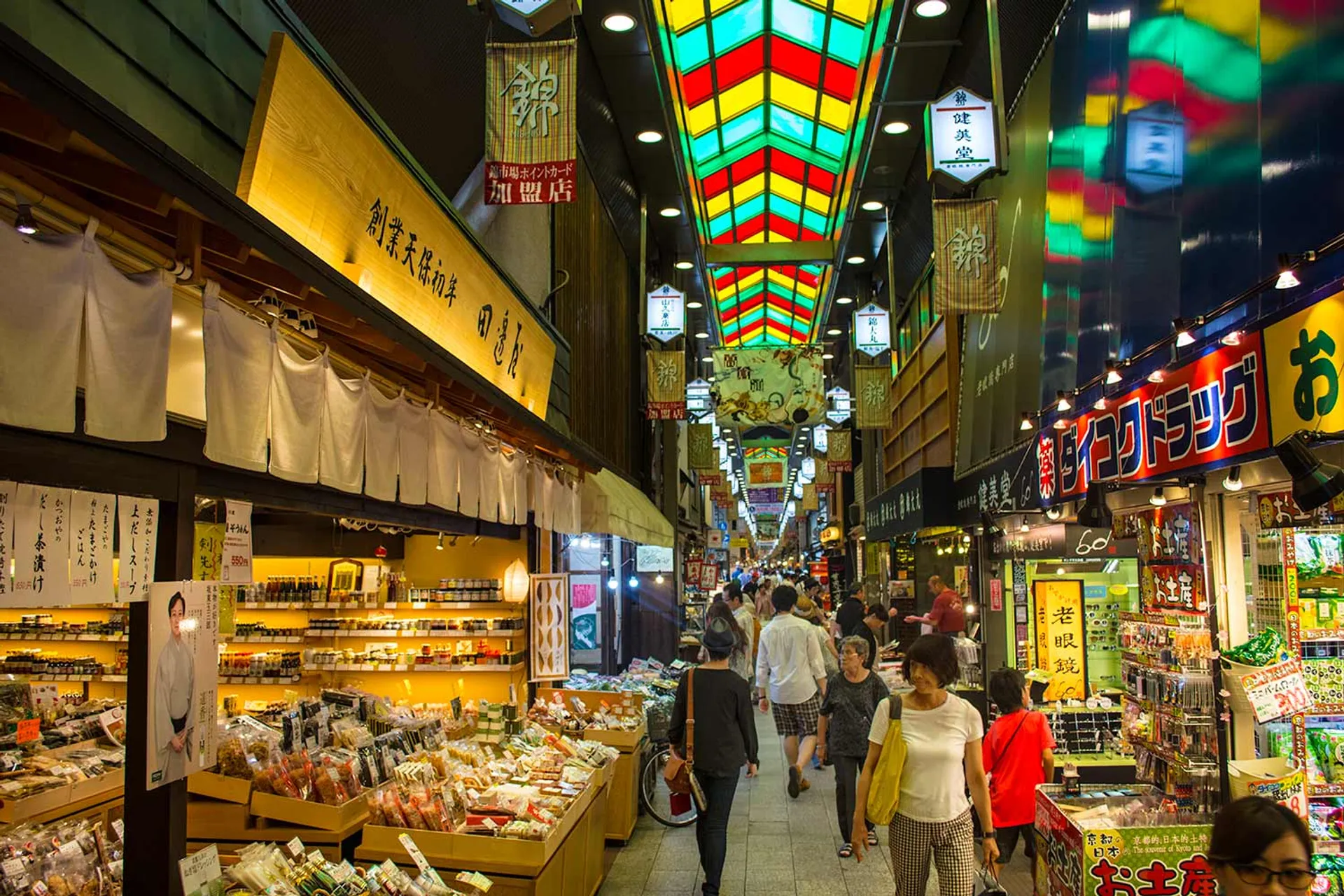
October
- Highest average temperature: 22°C
- Lowest average temperature: 11°C
It’s autumn, so the weather is also colder and becoming drier, so visitors should be careful to prepare warm clothes to avoid colds. The last days of October are also the time when the leaves begin to change color, creating extremely attractive yellow and red colors. Kyoto residents also celebrate the Jidai Festival – a festival with parades of figures representing each period in Japanese history, starting from Kyoto Imperial Palace (Kyoto Gosho) to Heian Shrine (Heian Shrine).

November
- Highest average temperature: 16°C
- Lowest average temperature: 5°C
Tourists who want to see Japan’s autumn colors with their own eyes should visit Kyoto in November. Temperatures will continue to drop so it will be colder than October, so you may need thick coats to keep warm. Because this is the most ideal time to see yellow and red leaves, the number of tourists is also much more crowded.
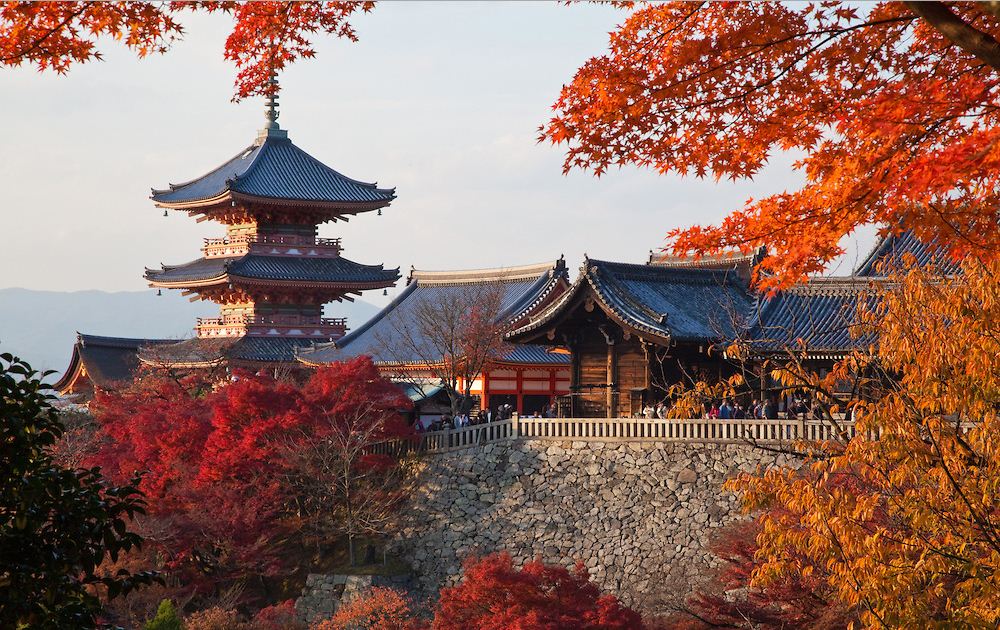
December
- Highest average temperature: 11°C
- Lowest average temperature: 0°C
Winter begins, so December days will gradually get colder. Don’t forget to bring a coat, wool hat and gloves. If you’re lucky, you will have the opportunity to see autumn leaves and falling snow at the same time when visiting Kyoto in the early days of December. As for the last days of the year, the Kyoto street scene is also bustling with people. some festival days.
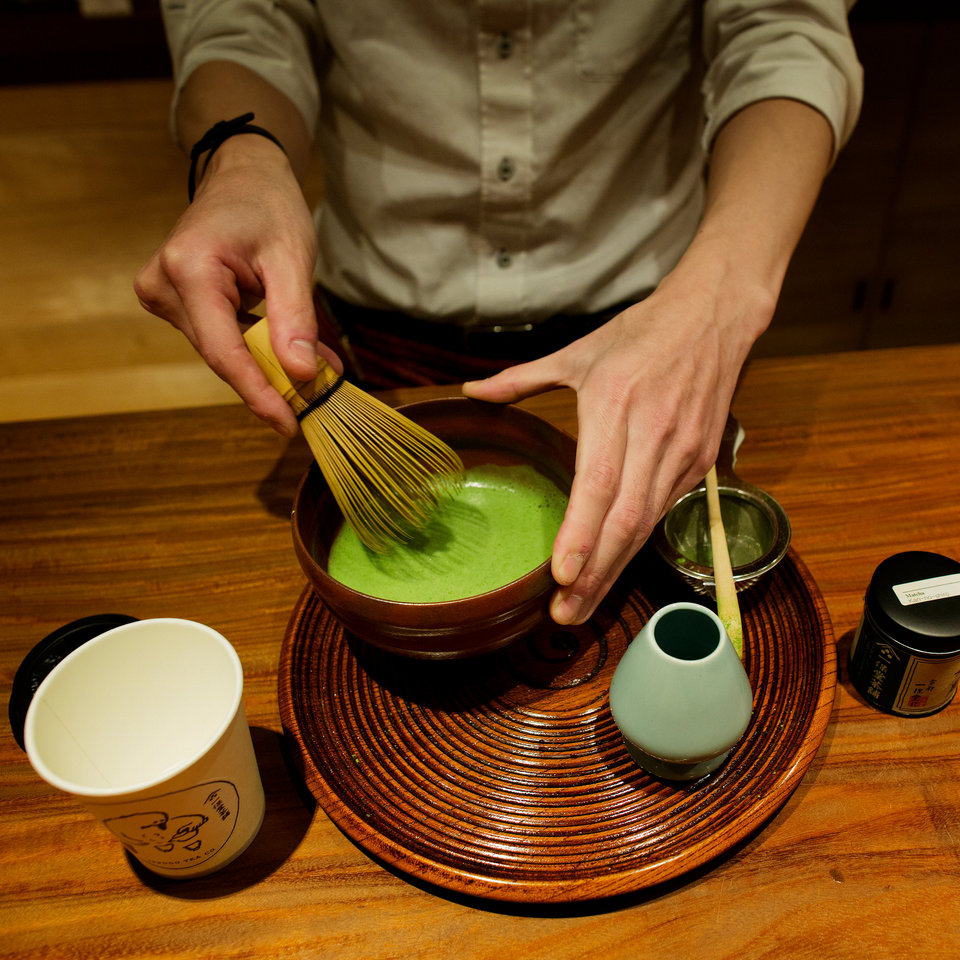
Kyoto’s famous festivals and events
Not only the weather or climate, but festivals and events are also one of the factors that influence many tourists’ thoughts on when choose the good time to visit Kyoto. Because it is an ancient capital, Kyoto still retains many of the long-standing traditional beauty of the Japanese people. Therefore, if you are a person who loves exploring culture and wants to learn more about local customs and traditions, don’t miss the following popular festivals in Kyoto.
Toka Ebisu Festival (January 8 – January 12): is one of the most popular festivals in Kyoto held at Ebisu Jinja Shrine. According to local beliefs, Ebisu-san is one of the Shichifukujin – “seven gods of luck” in Japanese mythology. Therefore, visitors can visit this temple to pray for good things and luck in the new year.
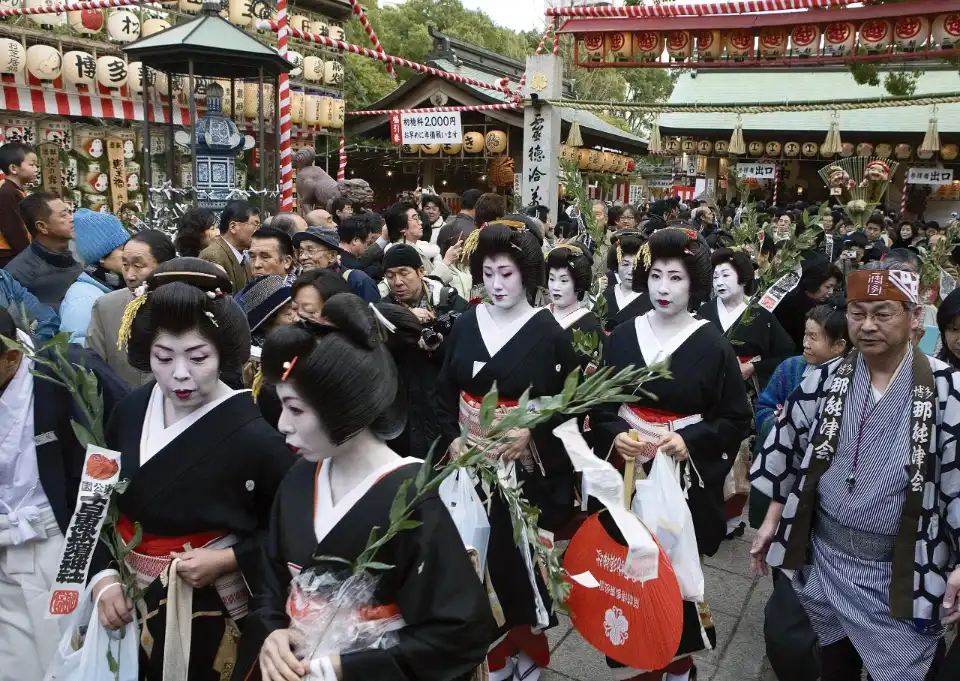
Aoi Matsuri Festival (May 15): this is also one of the most famous festivals in Kyoto. The festival originated in the Heian period, a time when nobility flourished in Japan. To recreate this period, during the ceremony there will be a parade of more than 500 people wearing beautiful costumes, receiving the emperor’s decree and bringing offerings to Shimogamo Shrine and Kamigamo Shrine.

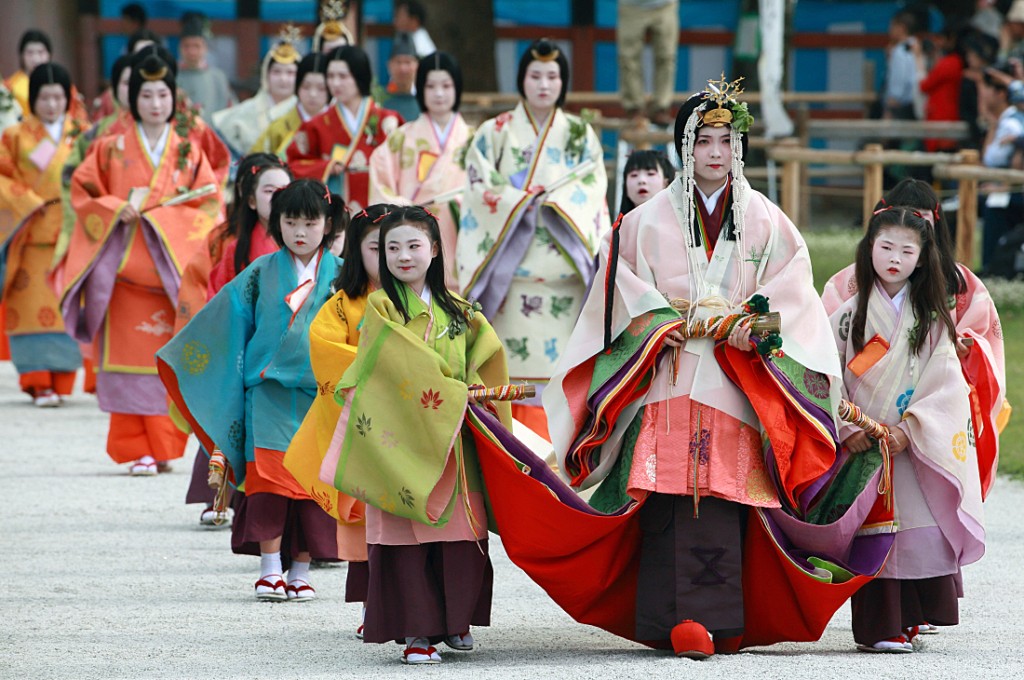
Gion Festival (July 1 – July 31): is a festival held in Kyoto every year with a history of more than 1,000 years, and is a characteristic feature when referring to summer in Kyoto. Visitors will be impressed with the parade of Yamaboko floats – one of the Dashi floats used in Japanese temple festivals. These floats are all splendidly decorated with many unique themes based on myths or ancient legends of the land of the rising sun. There are also many other activities taking place throughout July.
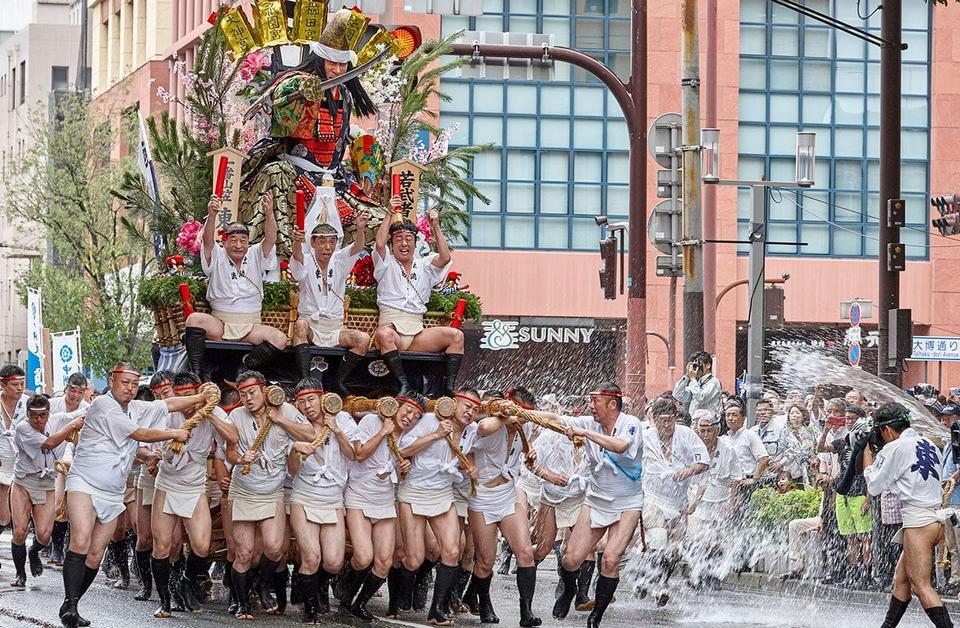
Gozan no Okuribi Festival (August 16): this is also a popular festival in Kyoto that takes place in the summer. During this traditional holiday, Kyoto people will light fires on five sacred mountains called Gozan with the belief that these fires will send their lost relatives back to the world of Yama. The image of the inner Toriigata shrine gate is made up of 108 fire stations, and is also said to be the most beautiful image on the night of the Gozan no Okuribi festival in Kyoto.
Jidai Matsuri Festival (October 22): is a typical festival in Kyoto, recreating the prosperity and development of Emperor Kanmu and Emperor Komei. Visitors will witness an extremely majestic parade with the participation of all ages, wearing traditional costumes from feudal Japan.
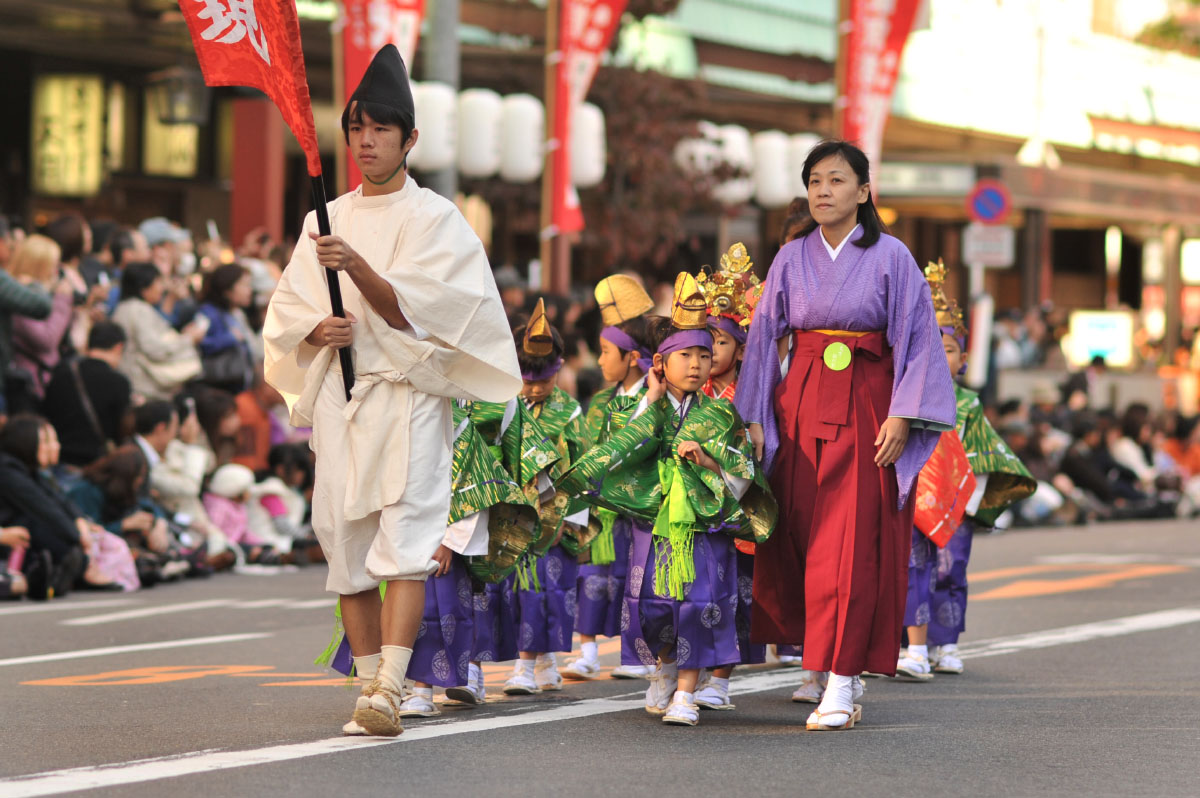
When is the best time to travel to Kyoto?
With the information in the above article, do you have the answer to the question of when to visit Kyoto? There will be many choices depending on each visitor’s preferences, time and purpose. For example, those who want to see cherry blossoms or autumn’s yellow and red leaves will choose the Spring (March – May) or Fall (September – November) months to go to Kyoto as the best. But because it is also the peak season, it will be crowded with people and services will also have higher prices.
Therefore, those who want to save money or want to explore the ancient capital of Kyoto through vibrant traditional festivals can go in the summer months. For those of you who like cool atmosphere and enjoy watching the white snow scene, then winter (December-February) will be suitable for you.
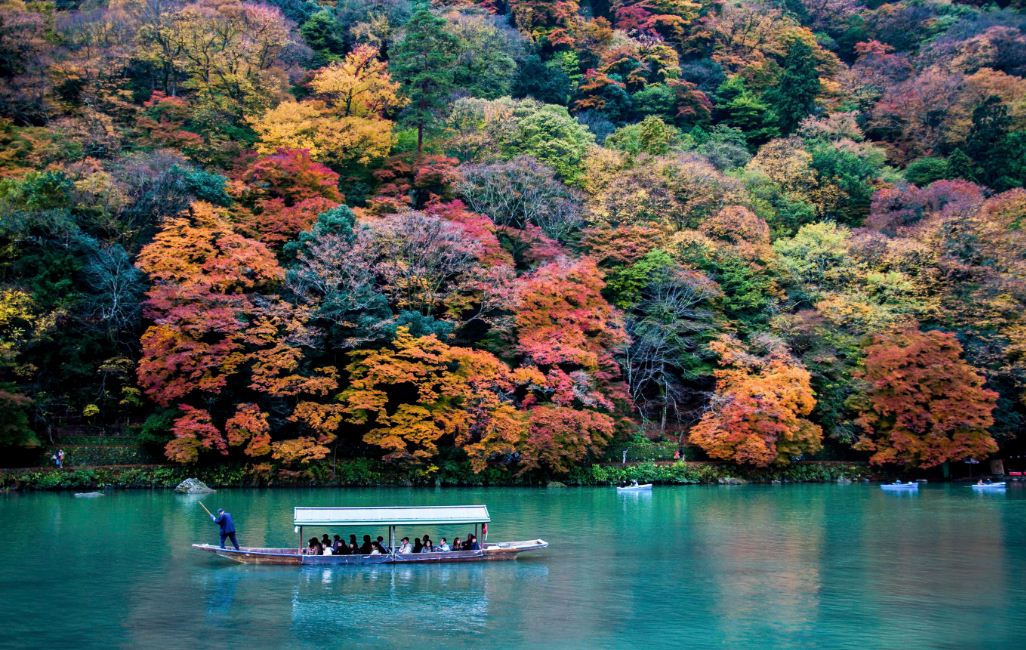
Some best day tours, trips, activities and transfer services, tickets in, to and from Kyoto you can refer to
- Private Kansai International Airport Transfers (KIX) for Kyoto
- Limousine Bus Transfers between Kansai International Airport (KIX) and Osaka or Kyoto
- Shared Night Bus Transfers from Kyoto to Tokyo
- Private Kansai Airport (KIX) Transfers to Osaka, Kyoto, Nara, Uji, Kobe, or Arima
- Kyoto-Osaka Sightseeing Pass (1 Day/2 Days, Kyoto Pick Up)
- Kyoto-Osaka Sightseeing Pass 1 Day/2 Days (Pick up at Osaka)
- Randen + Subway 1 Day Pass
- Kyoto Temples & Shrines Day Tour from Osaka: Fushimi Inari-taisha, Arashiyama, Kiyomizu-dera & More
- Kyoto Perfect Day Tour from Osaka or Kyoto: Kiyomizu-dera, Fushimi Inari-taisha, Arashiyama & More
- Kyoto and Nara Day Tour from Osaka/Kyoto
- Kyoto Afternoon Tour from Osaka
- Hankyu Tourist Pass
- Kyoto and Nara Day Tour from Osaka/Kyoto
- Sagano Romantic Train One-Way Ticket (Saga or Kameoka Departure)
- Kimono Rental and Photoshoot in Kyoto by Ouka Kimono
- Kyoto Sagano Romantic Train Day Tour
- Kyoto Temples & Shrines Day Tour from Kyoto: Fushimi Inari-taisha, Arashiyama, Kiyomizu-dera & More
- Amanohashidate & Miyama One Day Tour from Osaka/Kyoto
- JR Kansai-Hiroshima Area Pass
- Kimono Rental in Kyoto Kiyomizu Temple
- One Day Kimono Rental
- Kyoto Temples & Shrines Day Tour from Osaka
- Kimono and Yukata Rental at Kimono Miyabi Kyoto
- 4G Prepaid Sim Card (JP Airports Pick Up) for Japan
- 4G WiFi (Japan Pick Up) for Japan
- JR Pass for Whole Japan (7, 14, or 21 Days)
- Arashiyama Bamboo Forest Half Day Tour
- Arashiyama Morning Walking Tour with Sagano Romantic Train in Kyoto
- Arashiyama, Kinkakuji, Nara Park Day Tour from Osaka/Kyoto
- Kyoto Arashiyama Bamboo Forest & Garden Half Day Walking Tour
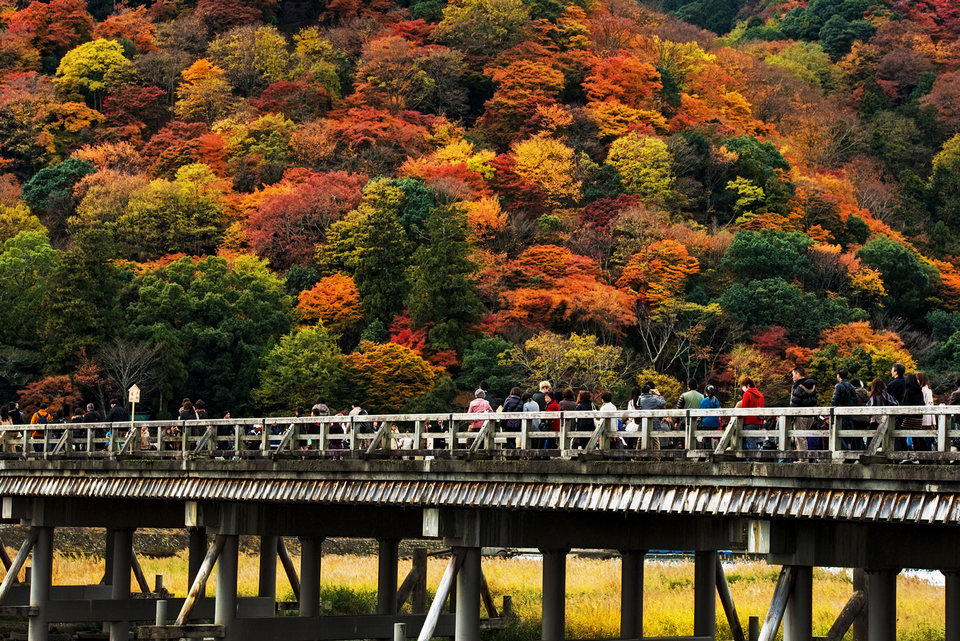
Are you finding more top things to do in Kyoto: Tours, activities, attractions and other things? Let’s check it out at here. And read more: Kyoto blog (Kyoto travel blog) — The fullest Kyoto travel guide blog for a budget trip to Kyoto, Japan for the first-timers. And Kyoto 3 day itinerary — How to visit Kyoto in 3 days & what to do in Kyoto in 3 days perfectly?


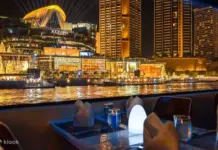
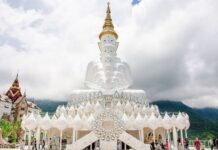


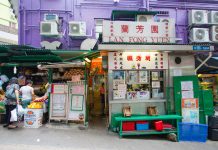
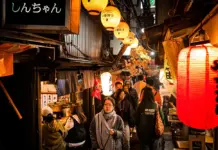
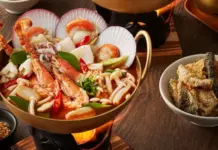



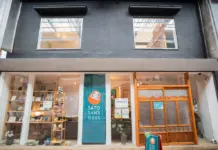


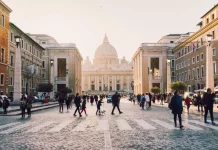


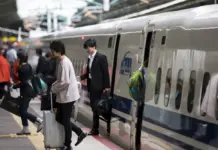
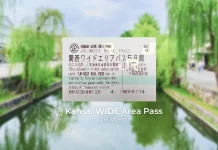



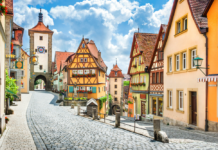


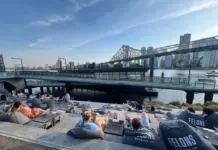
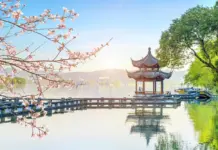


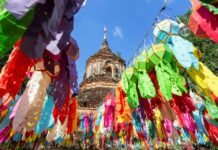

![10 best airports in Asia in 2016 [RANKED] kuala-lumpur-international-airport-best airports in asia in 2016 by skytrax ratings](https://livingnomads.com/wp-content/uploads/2016/08/29/kuala-lumpur-international-airport-best-airports-in-asia-in-2016-by-skytrax-ratings-218x150.jpg)

